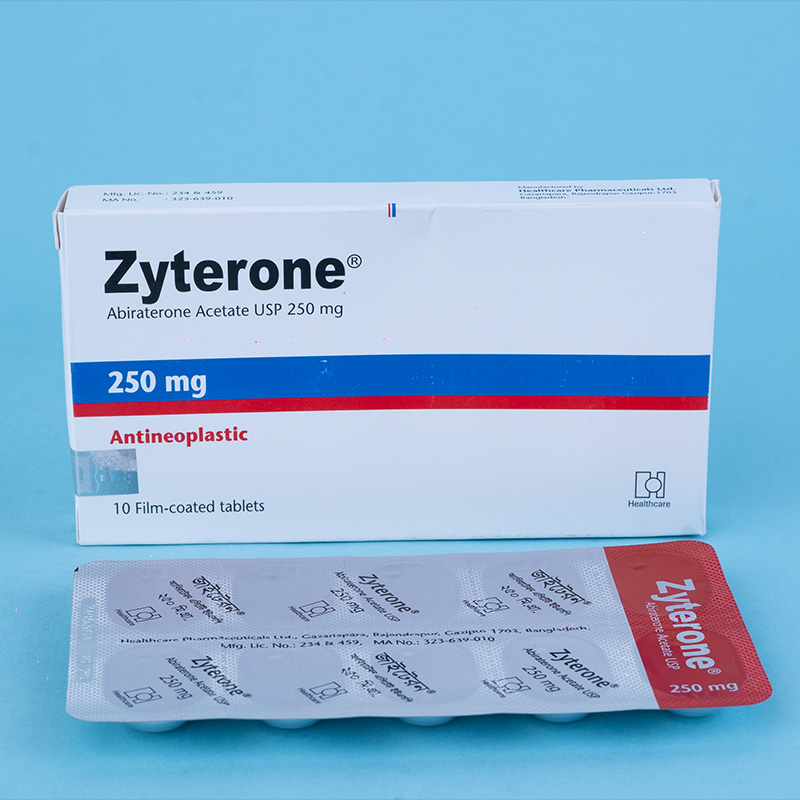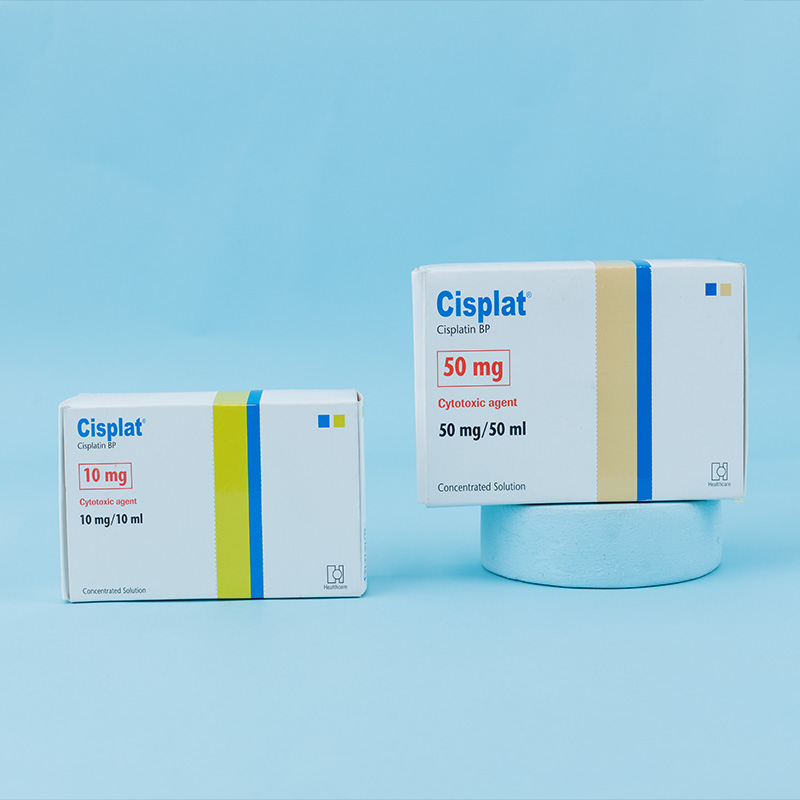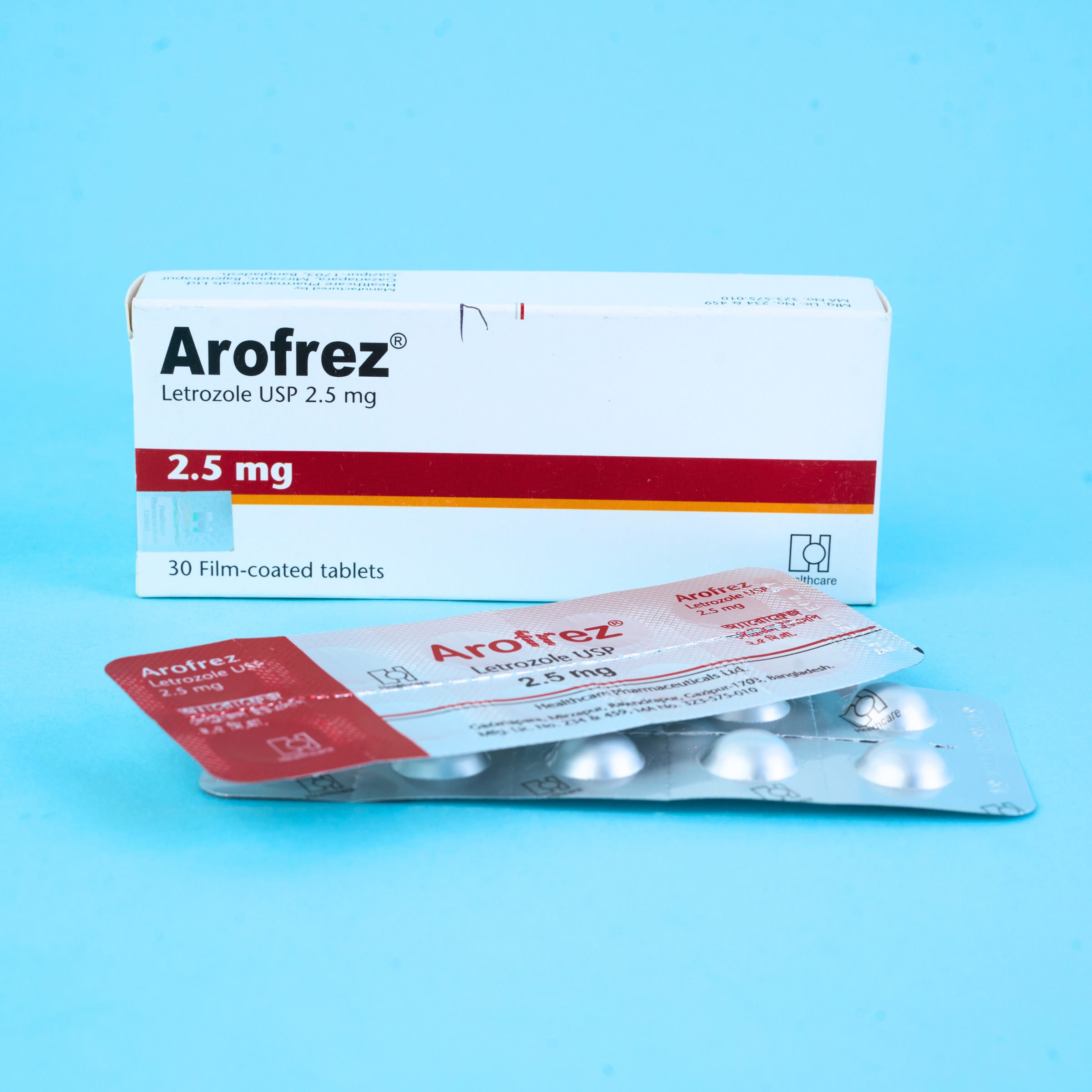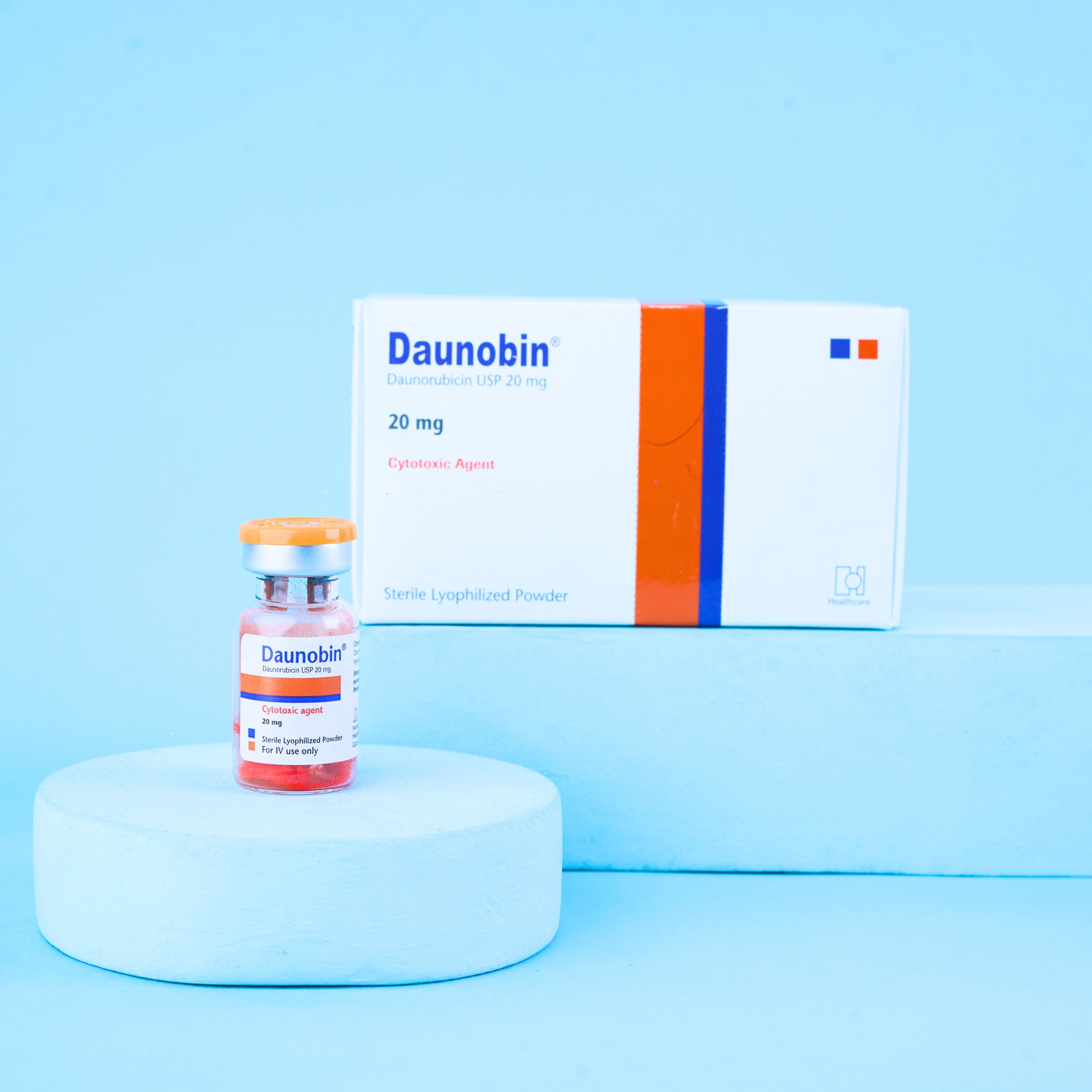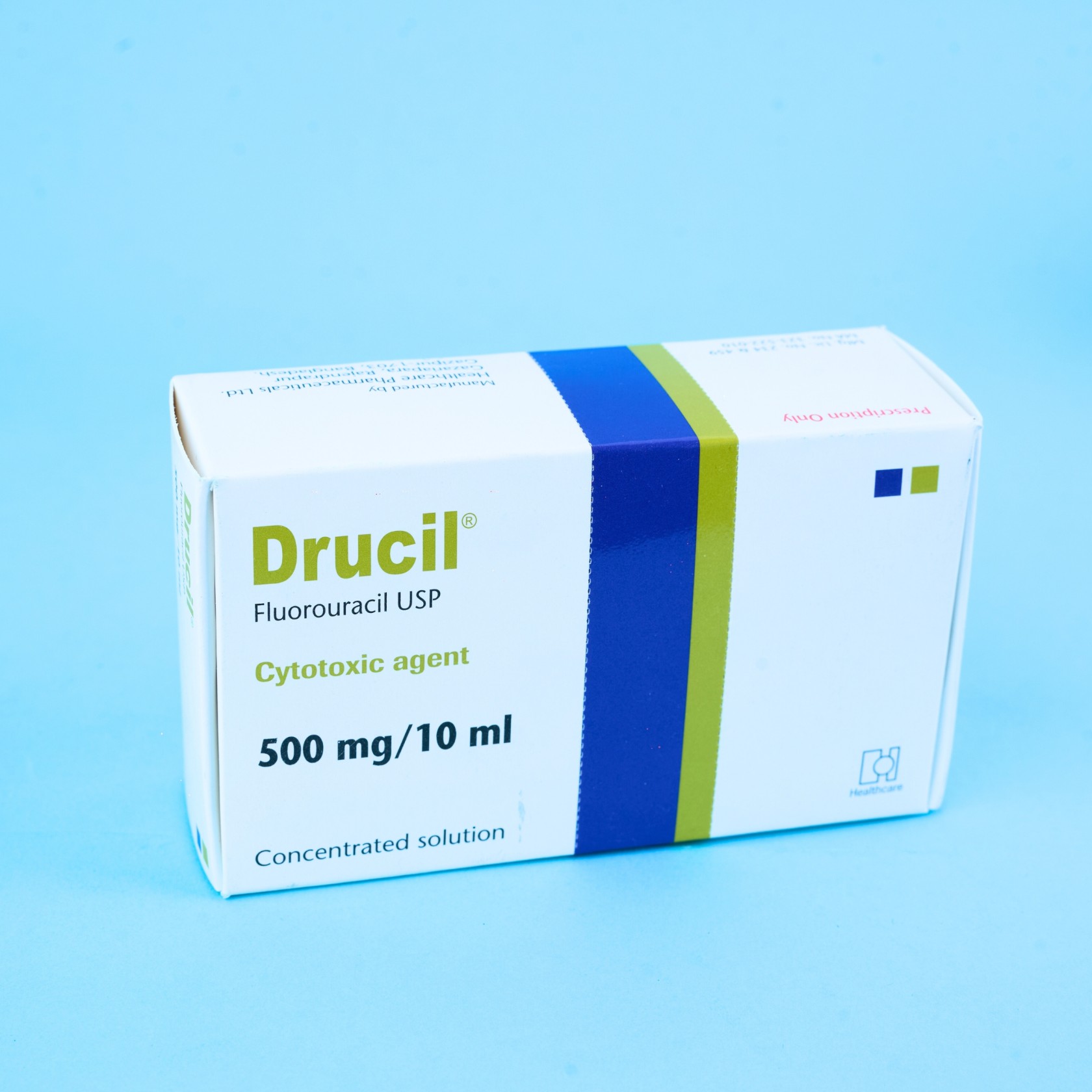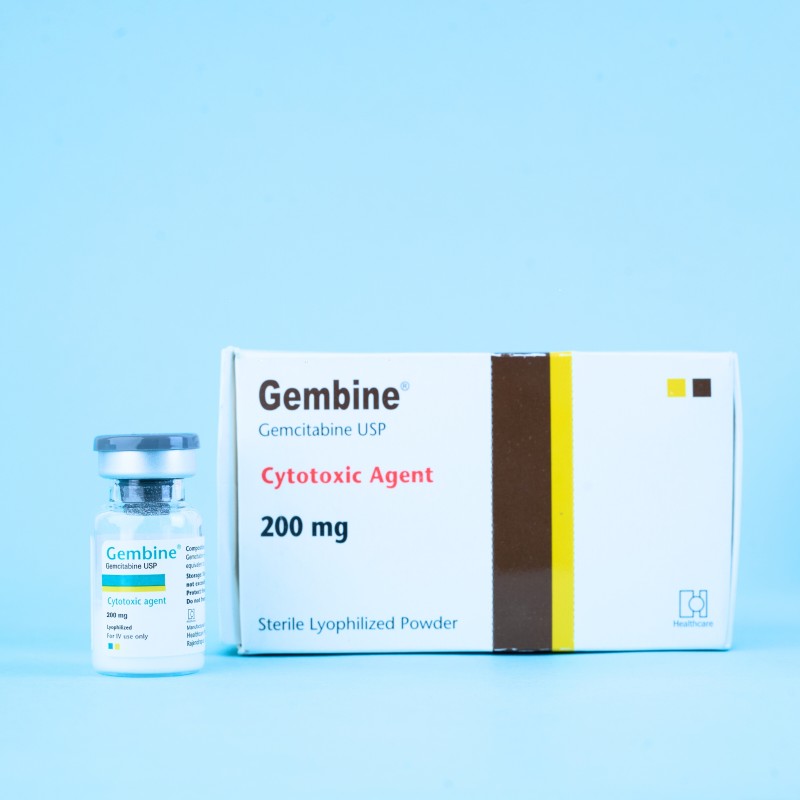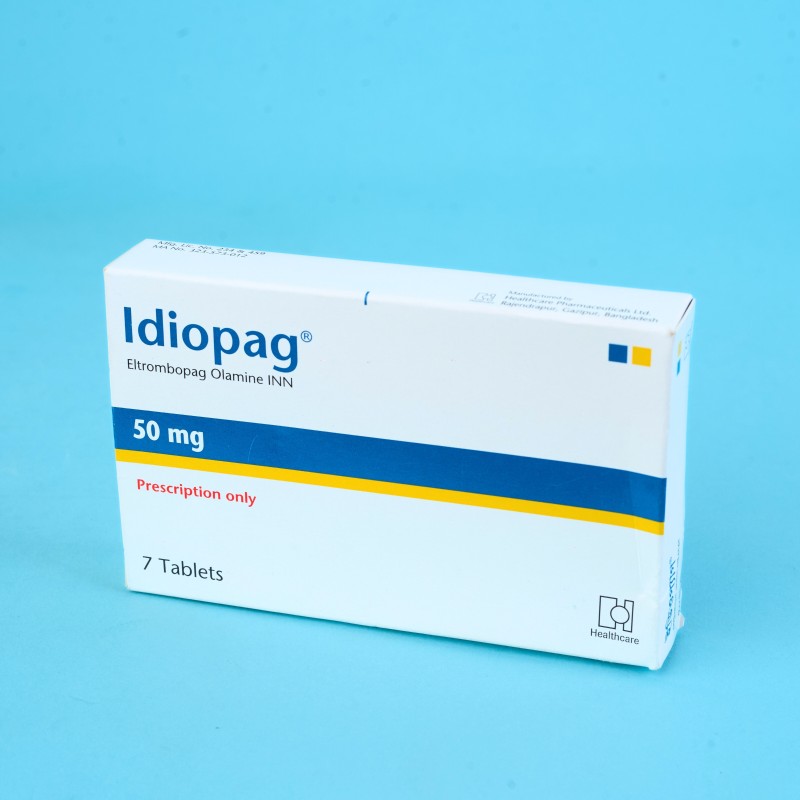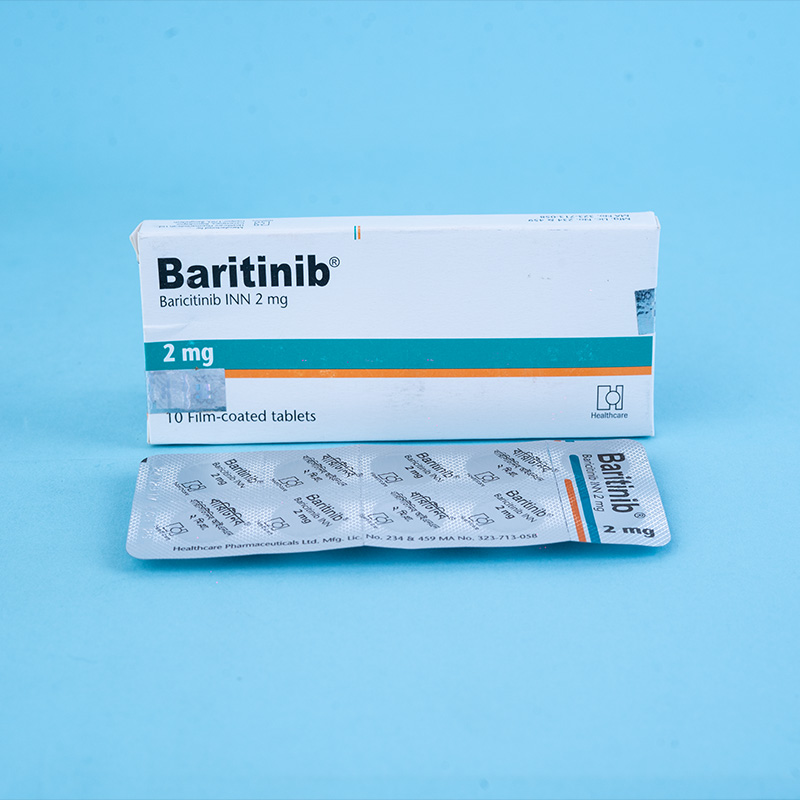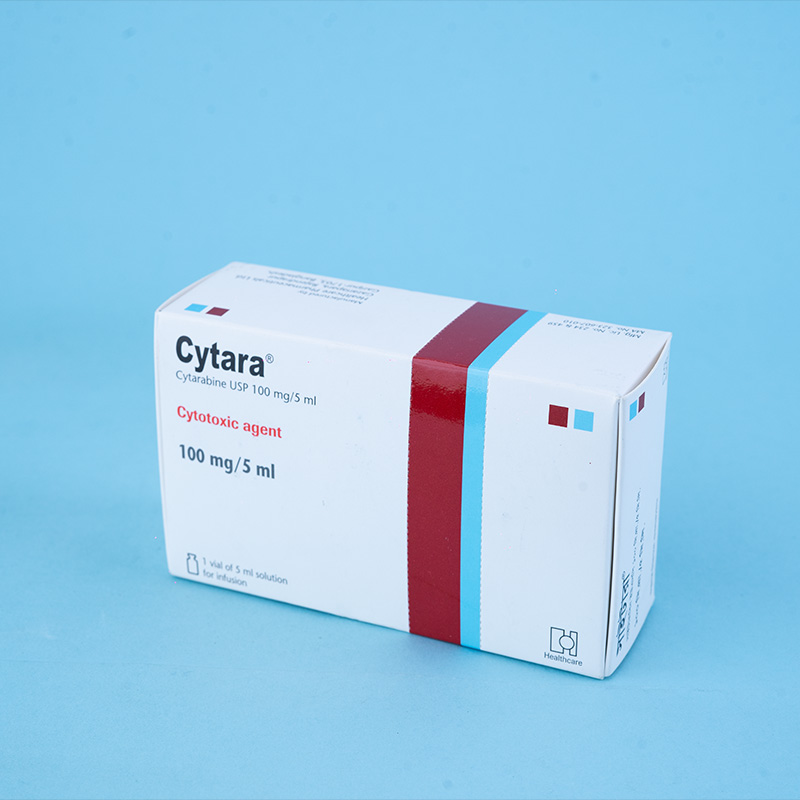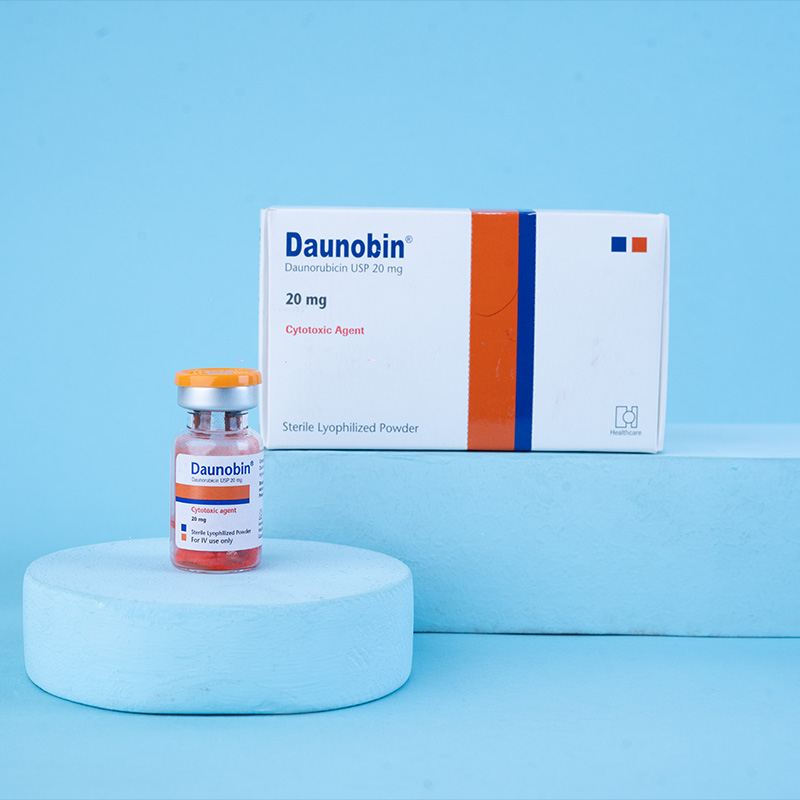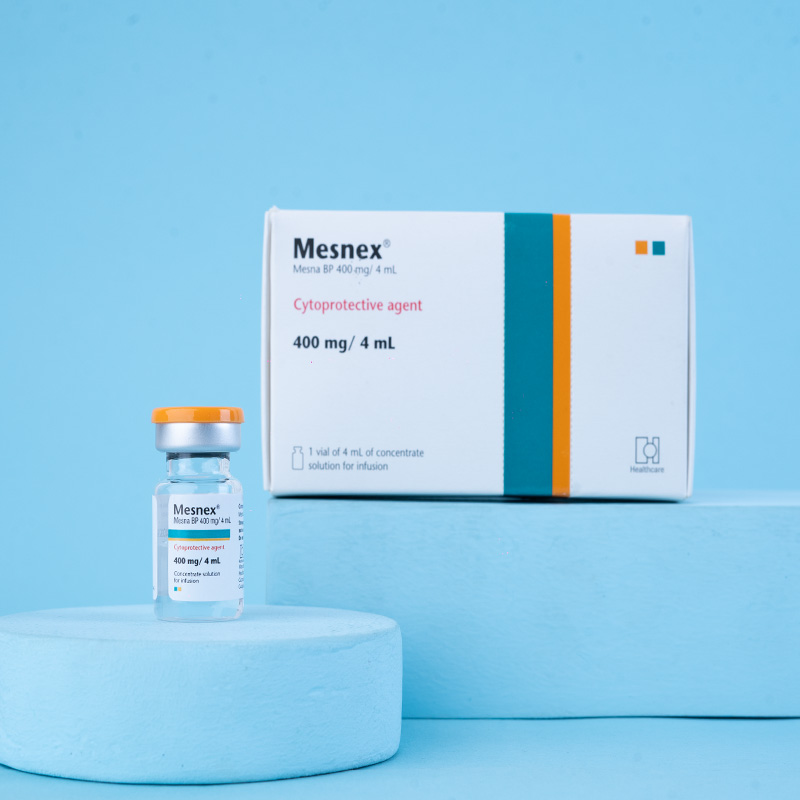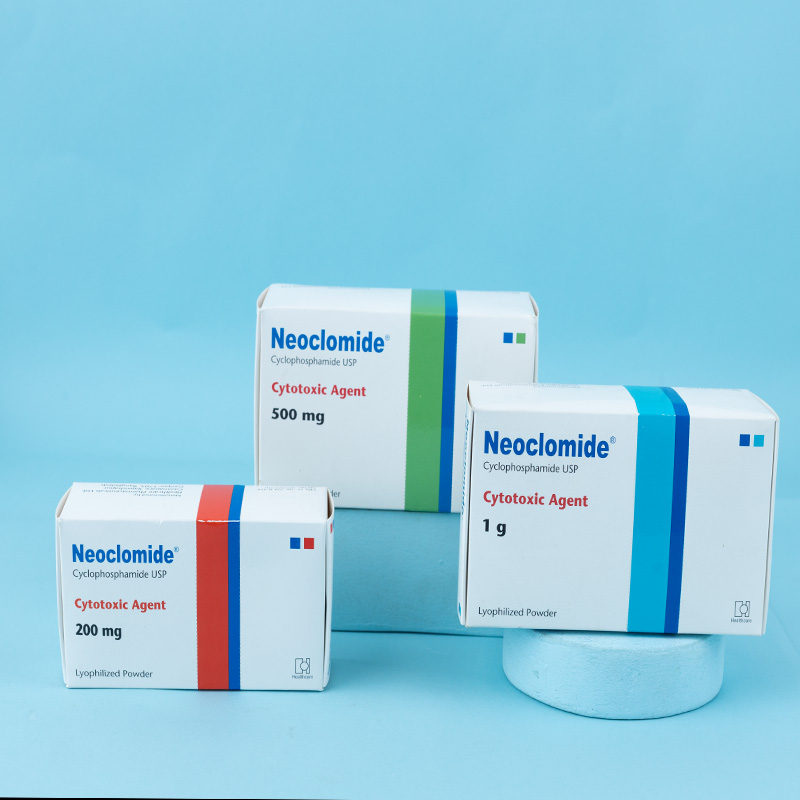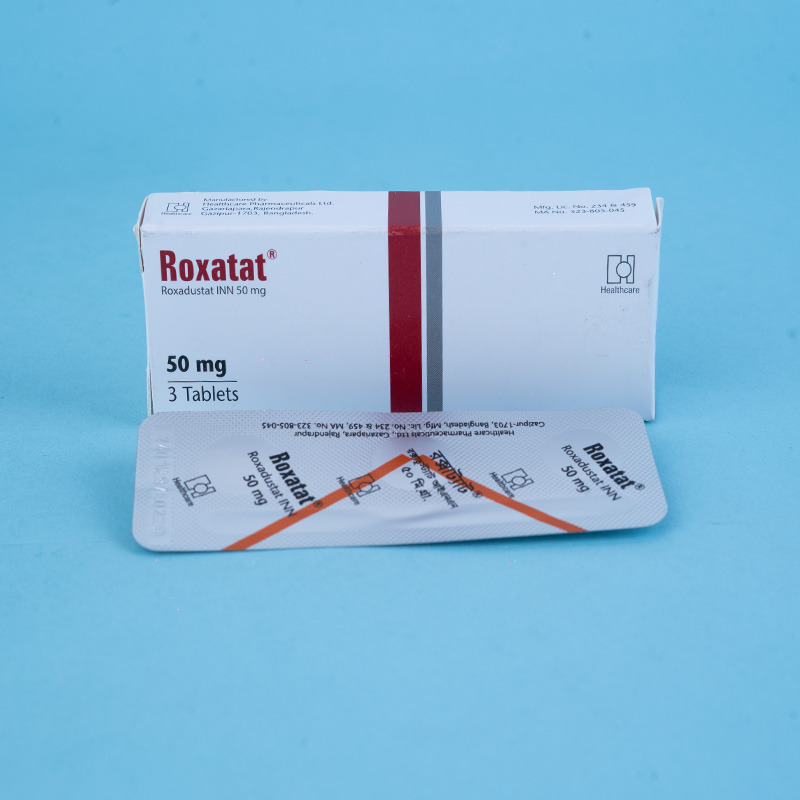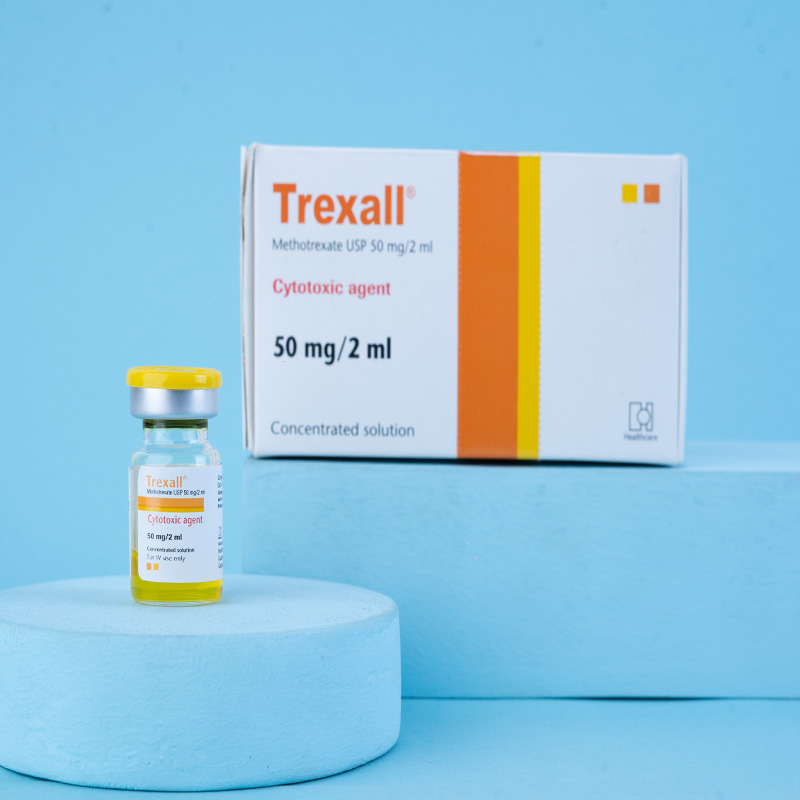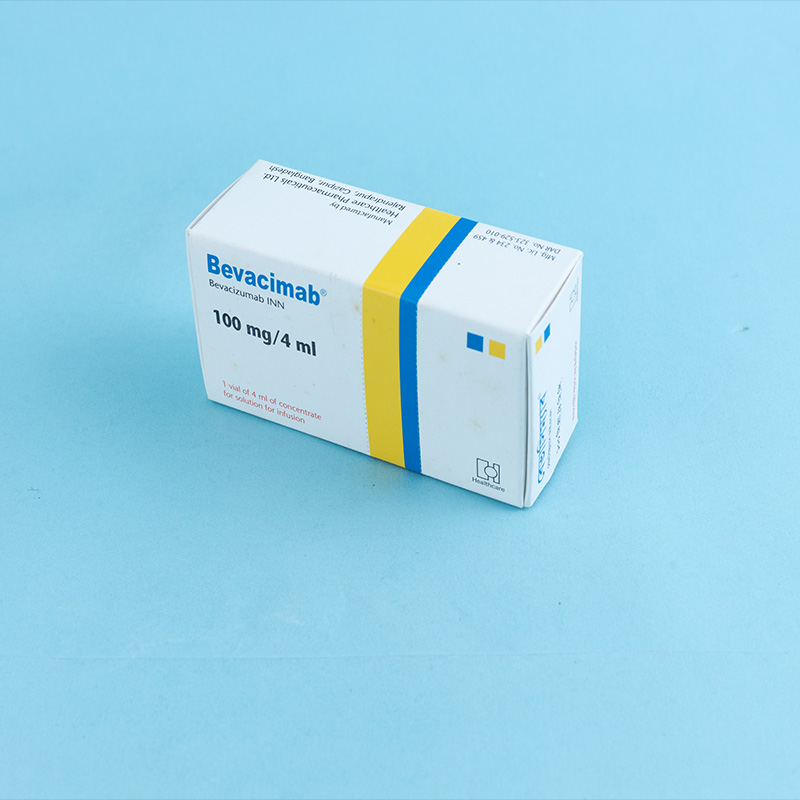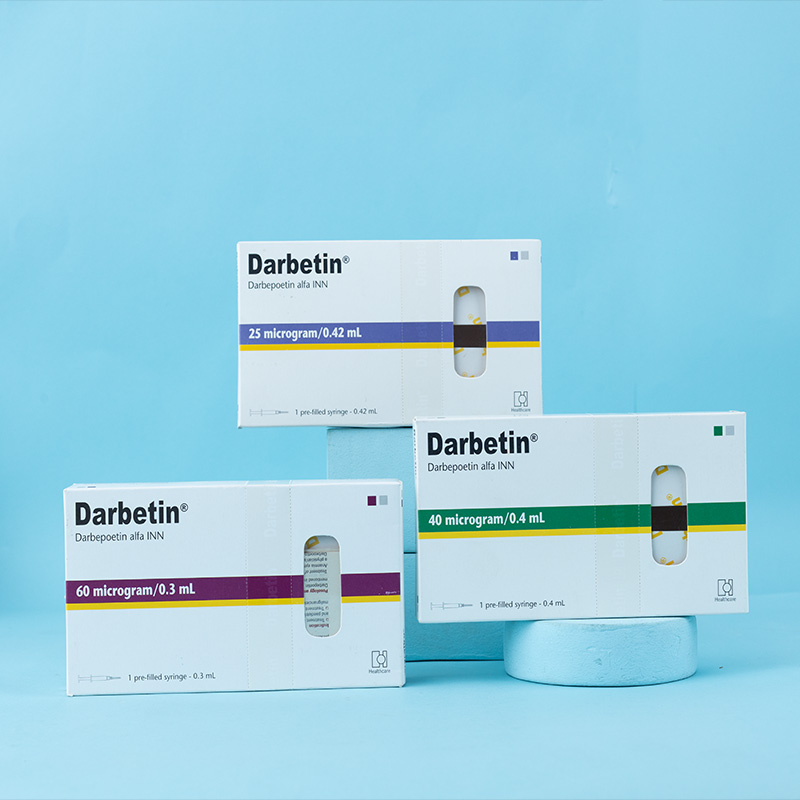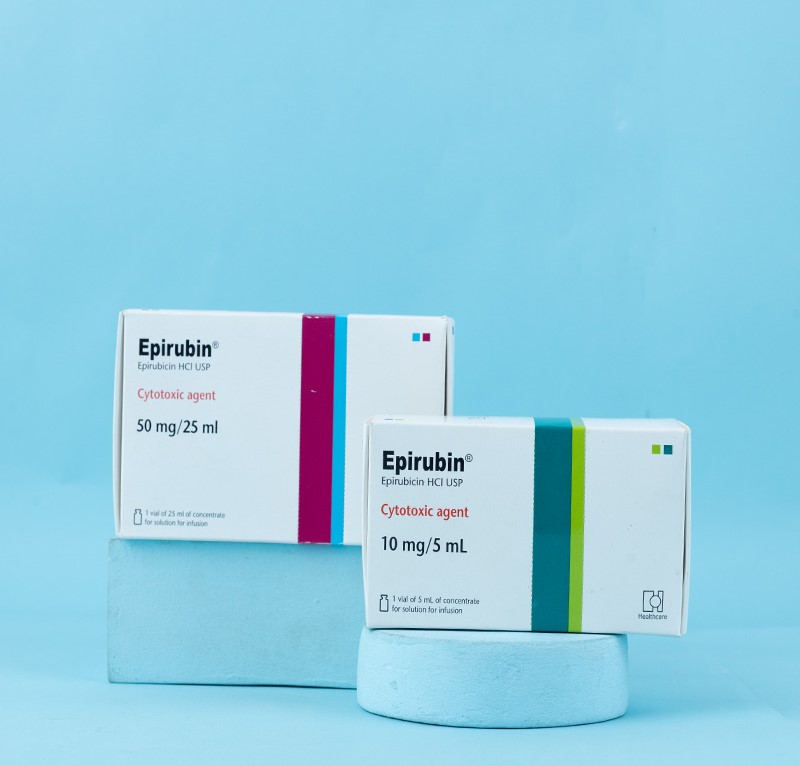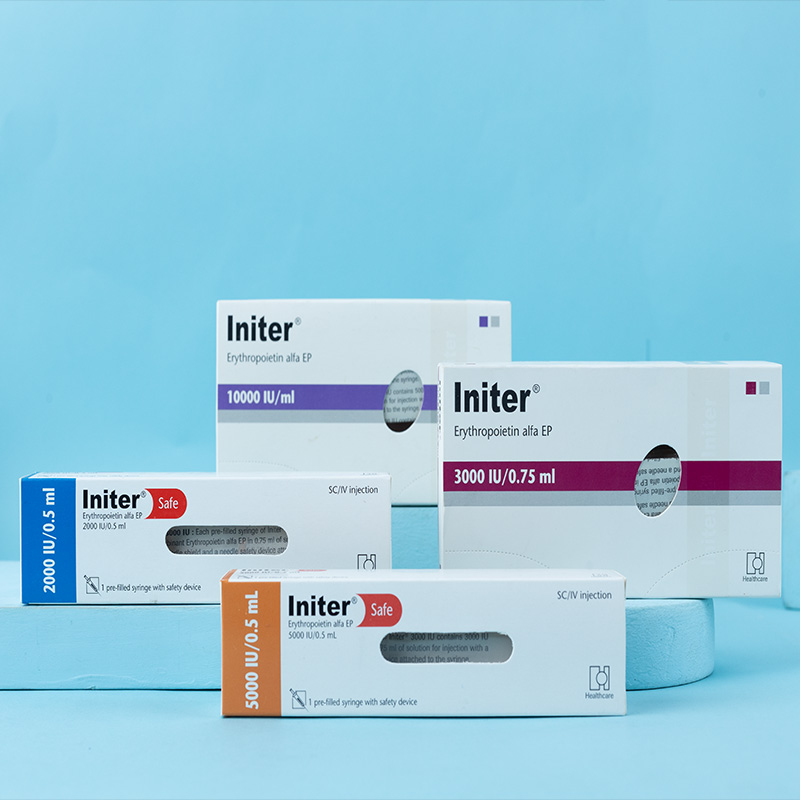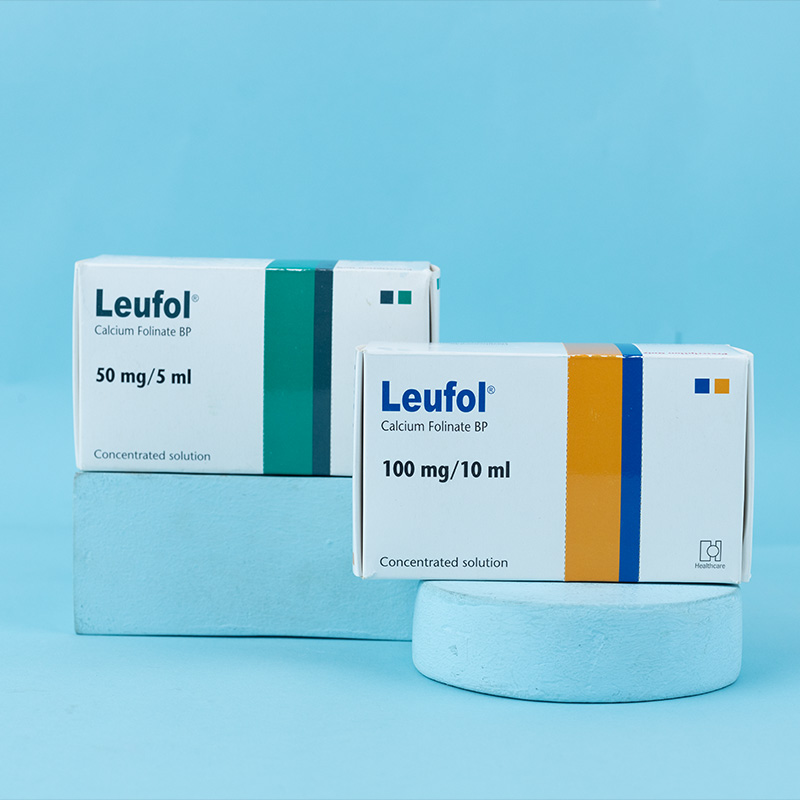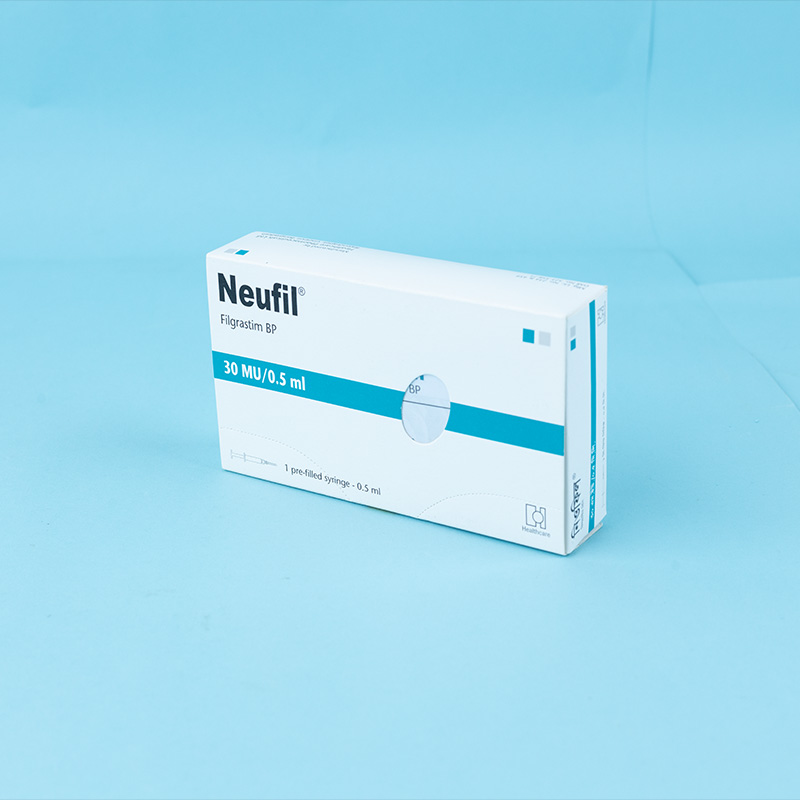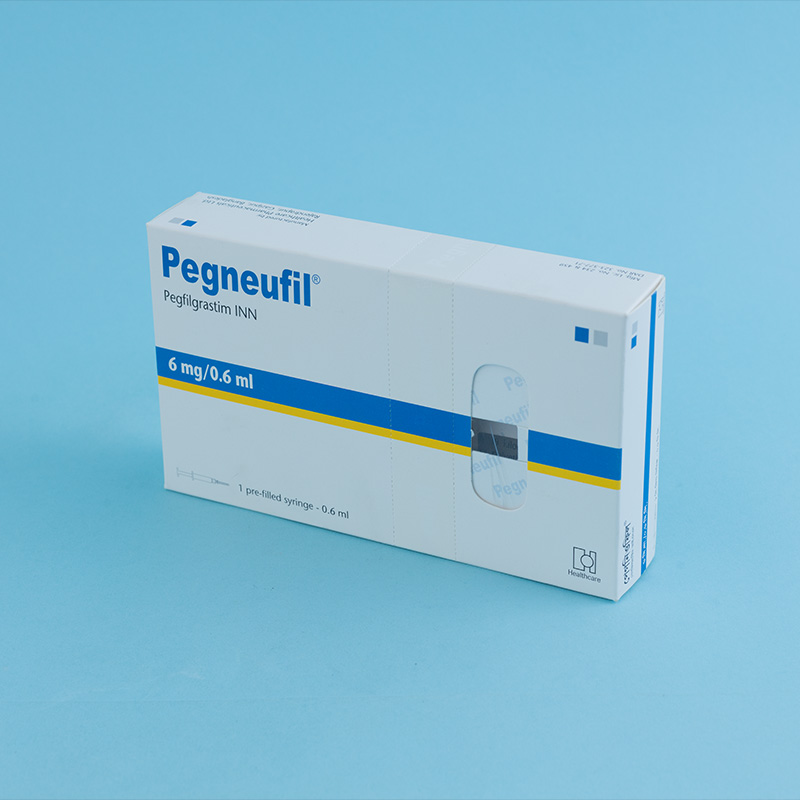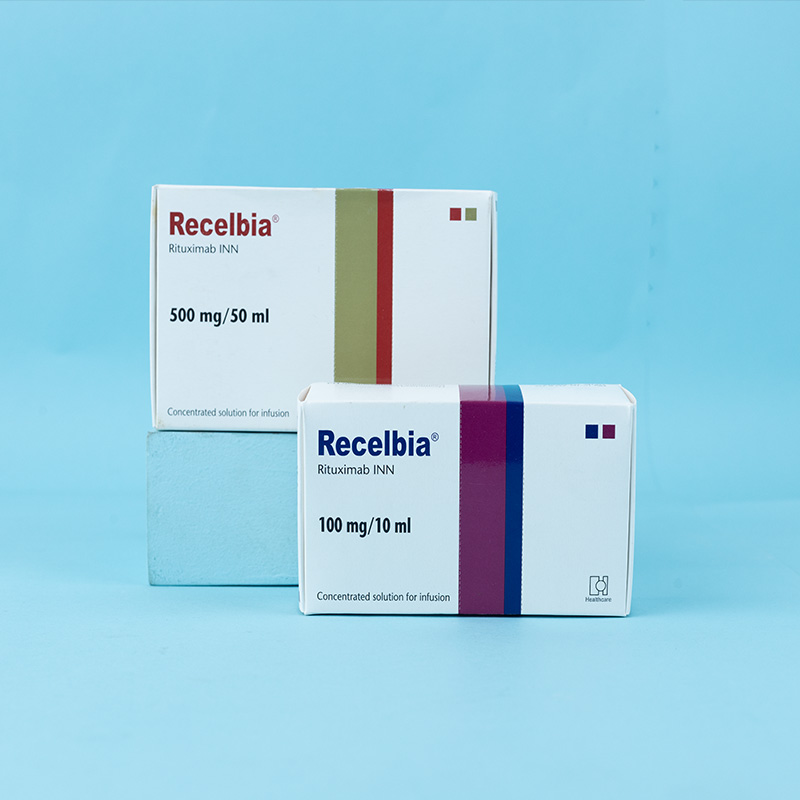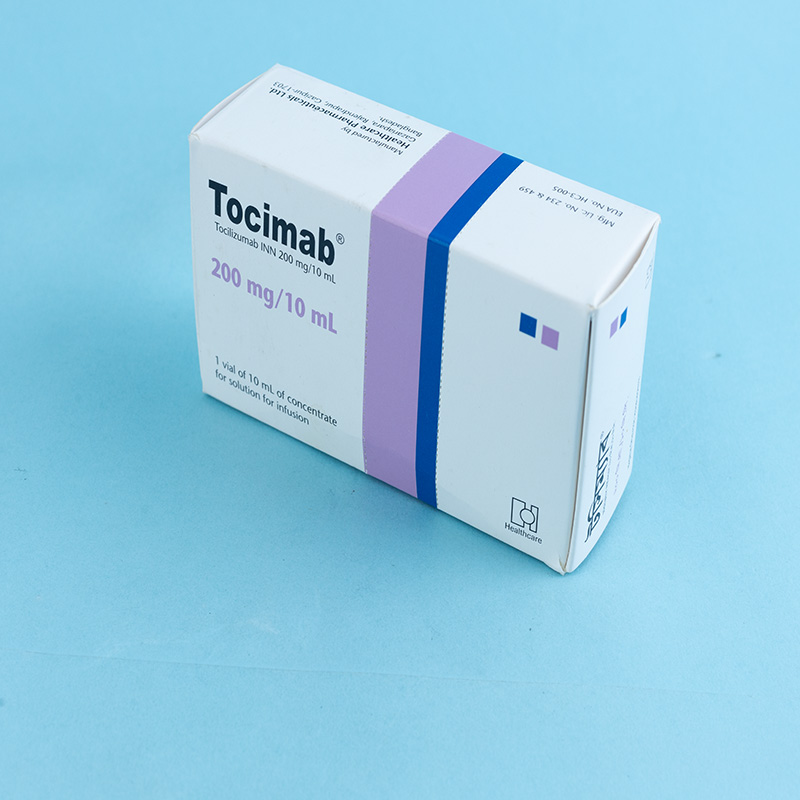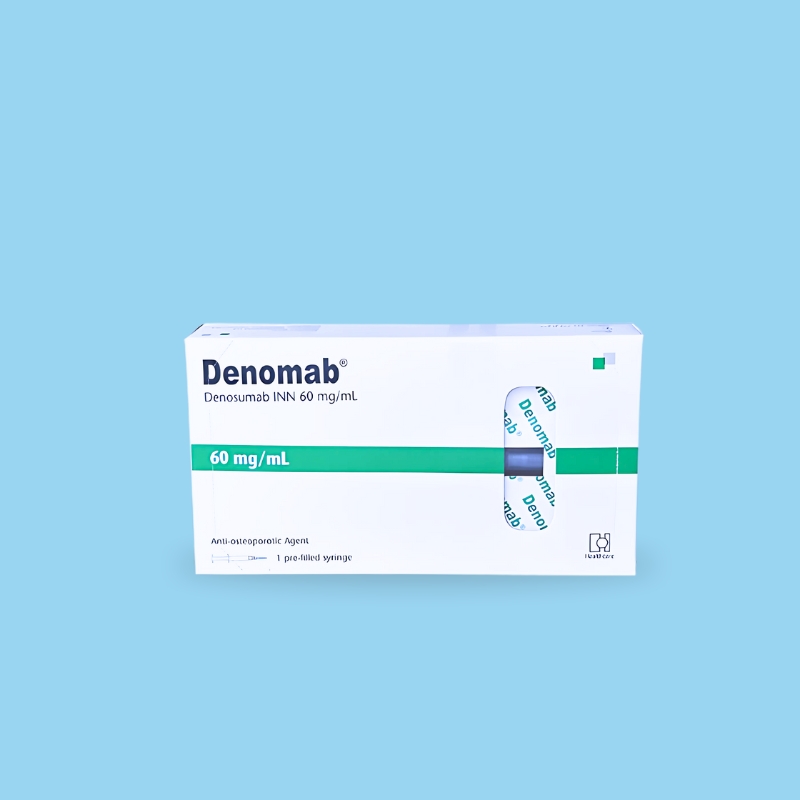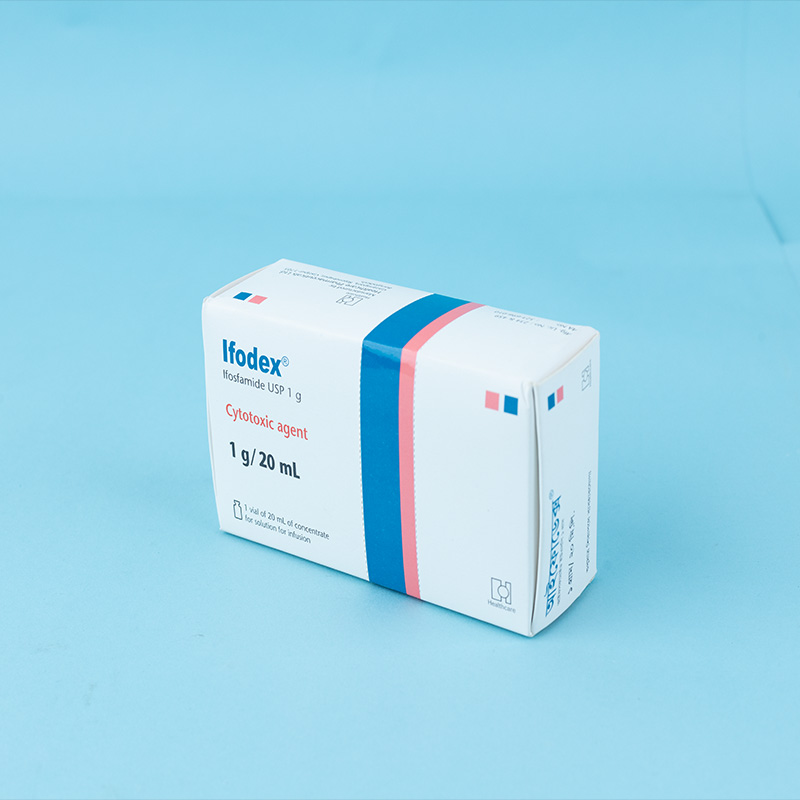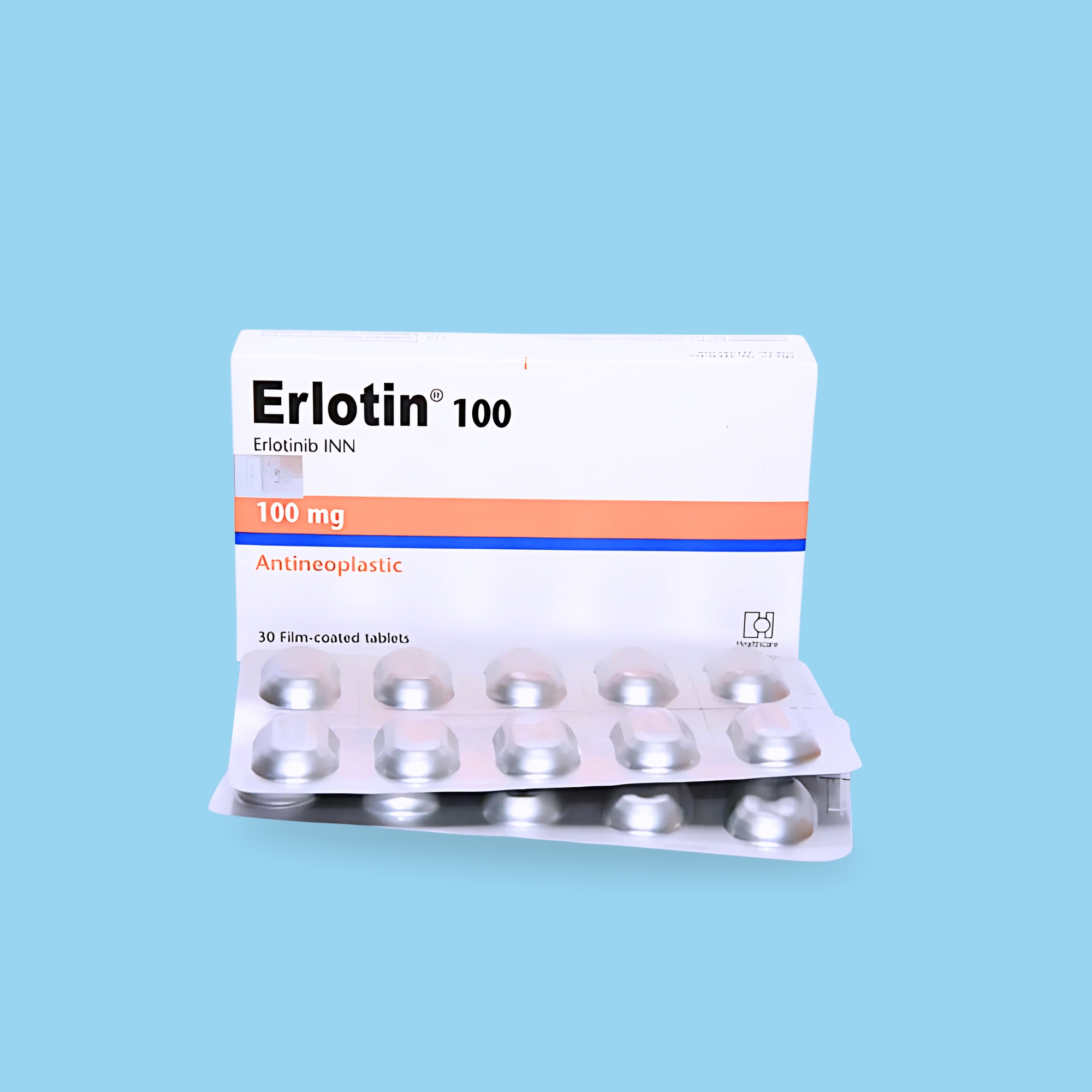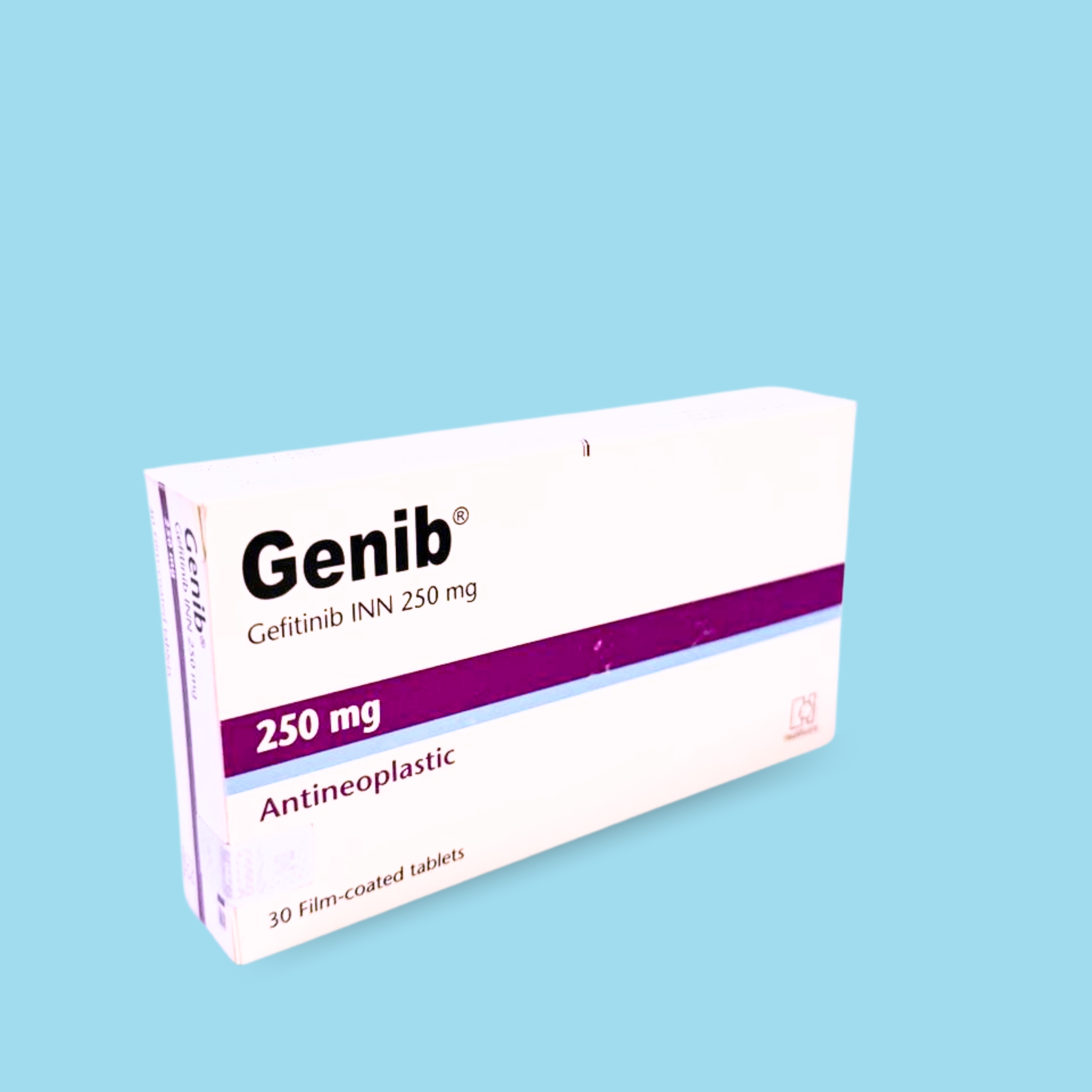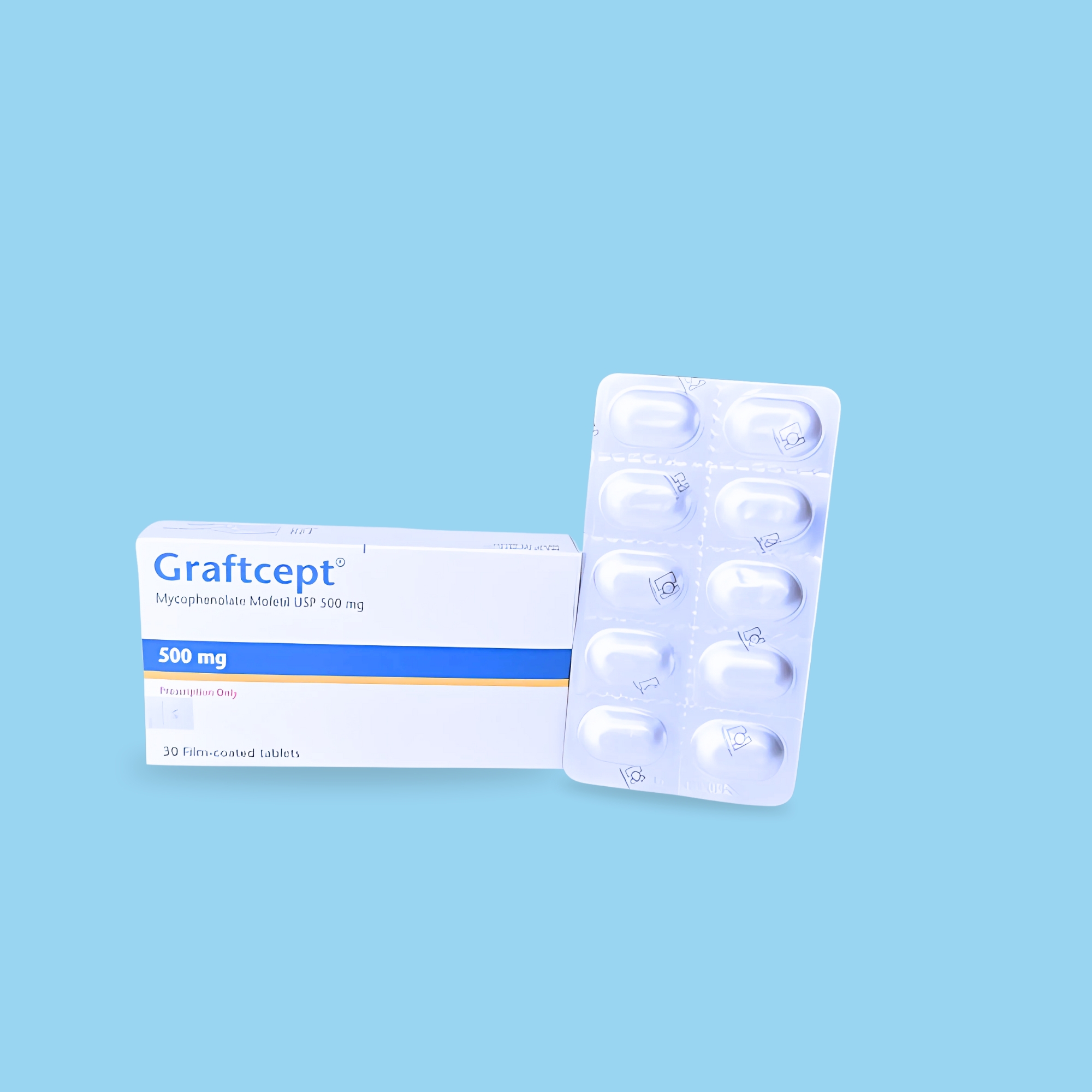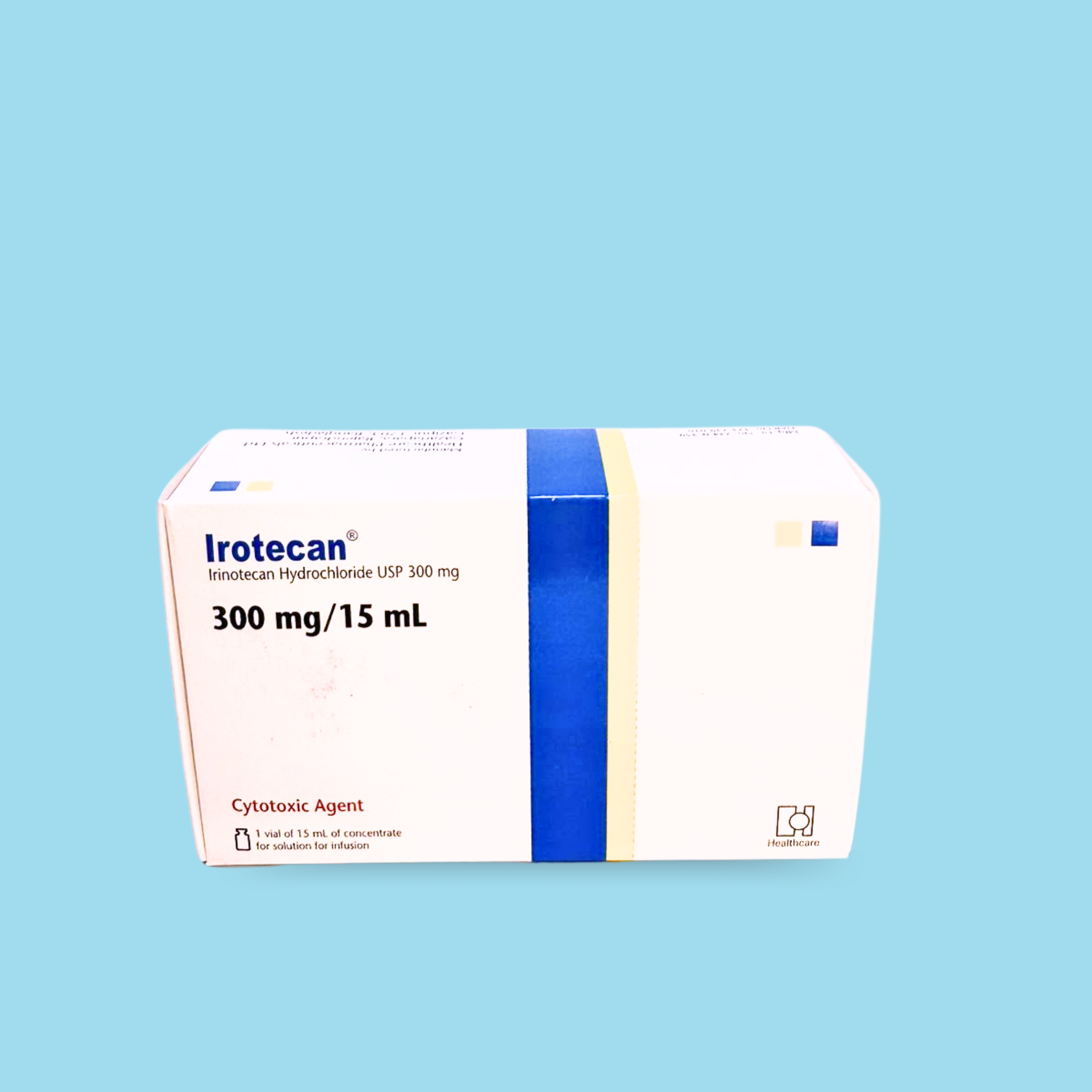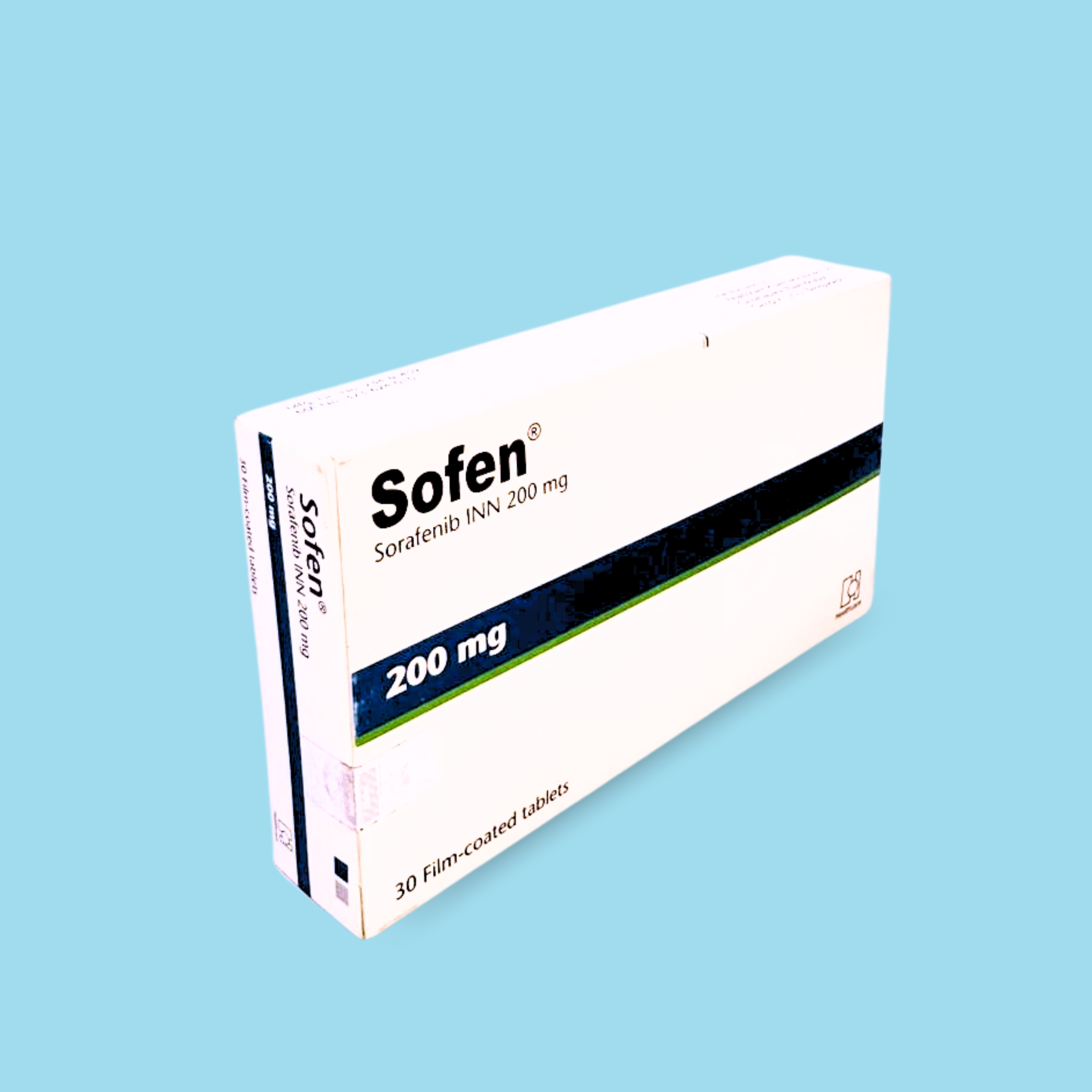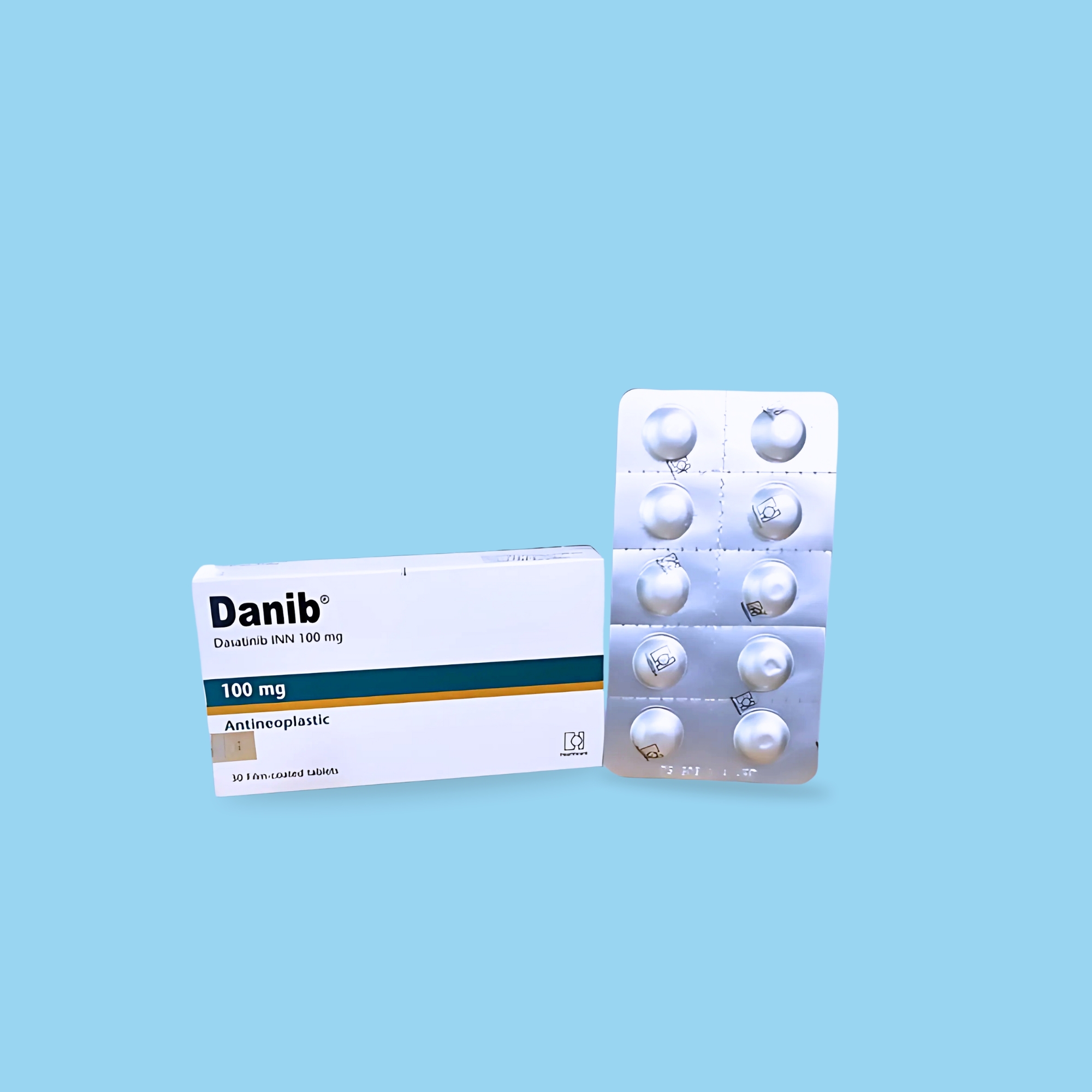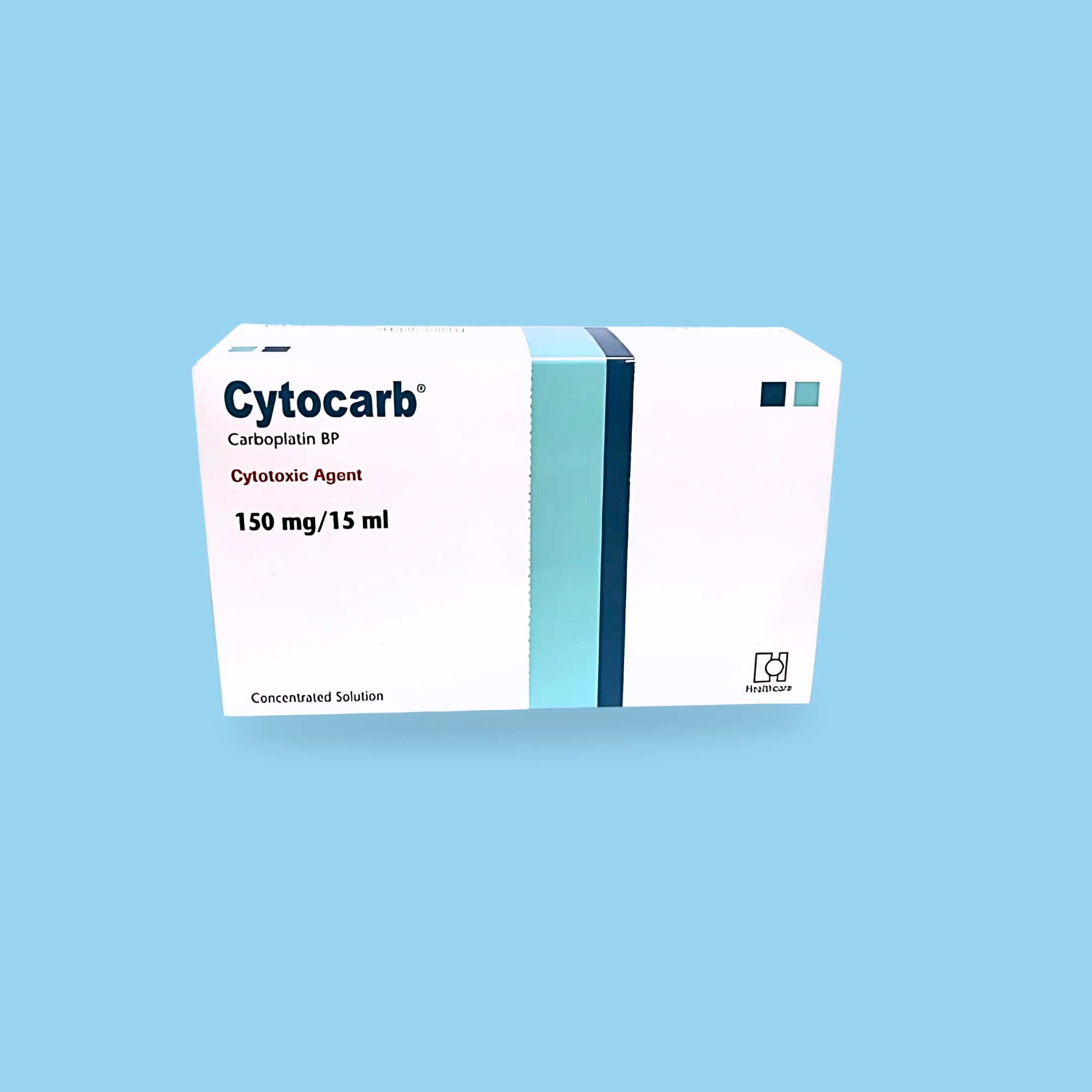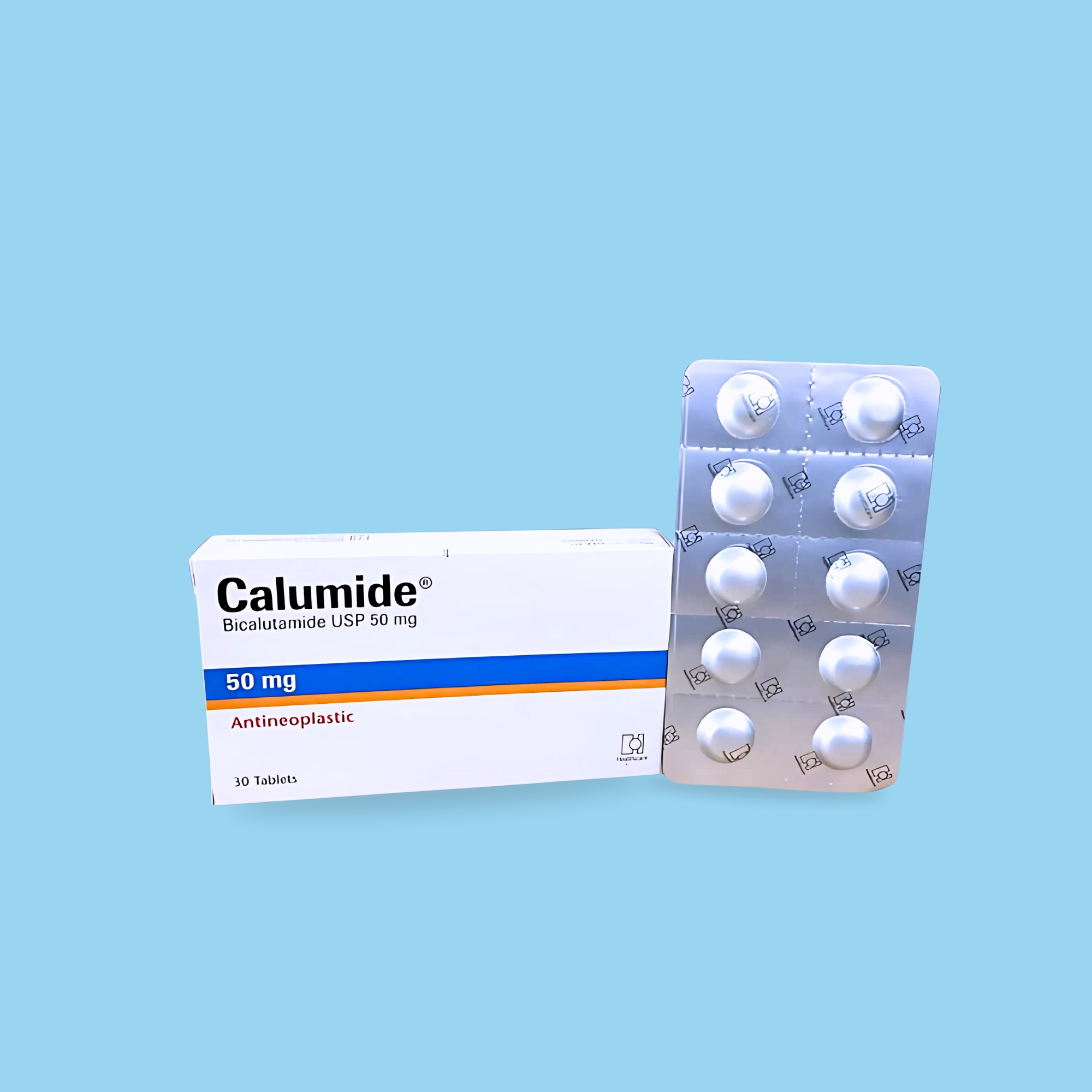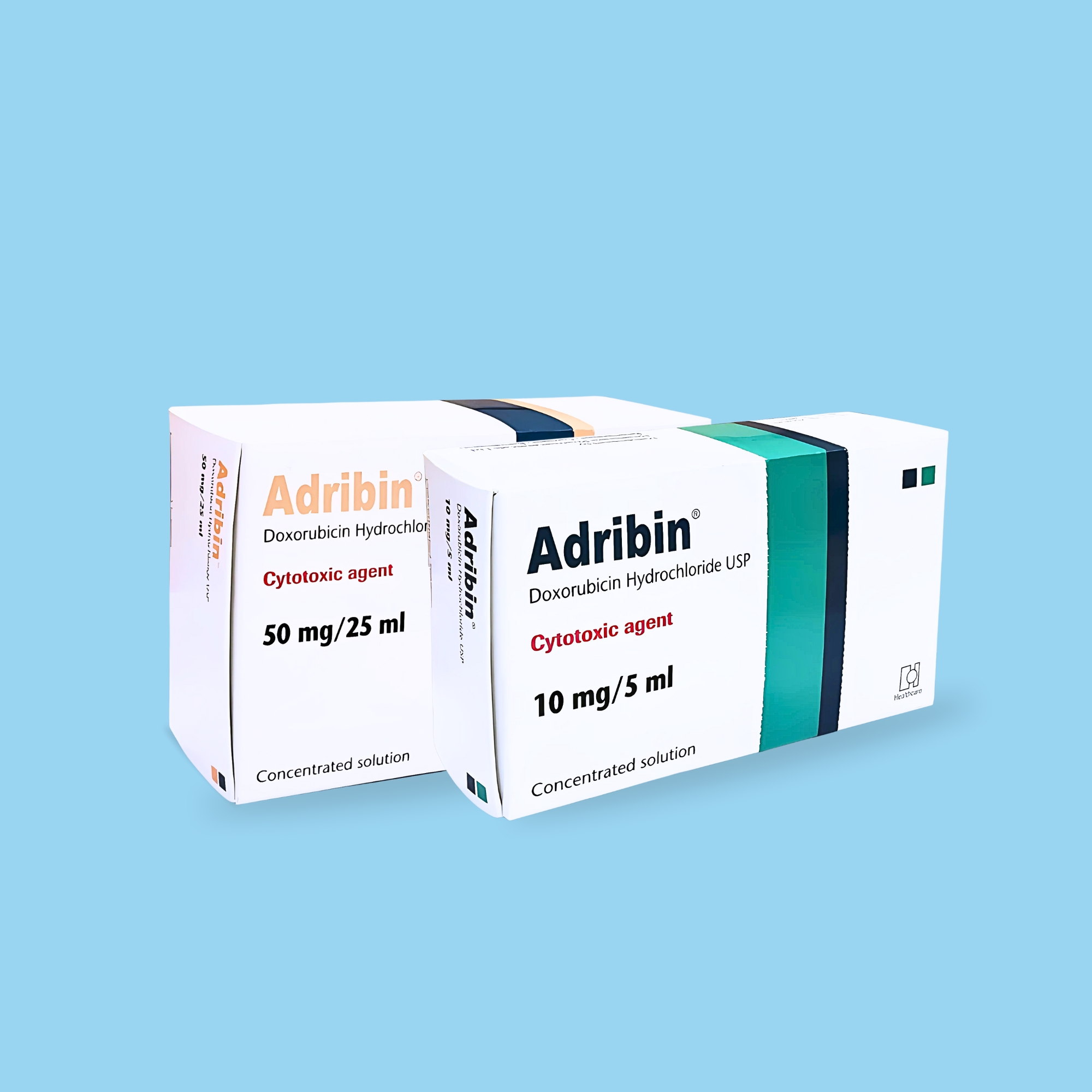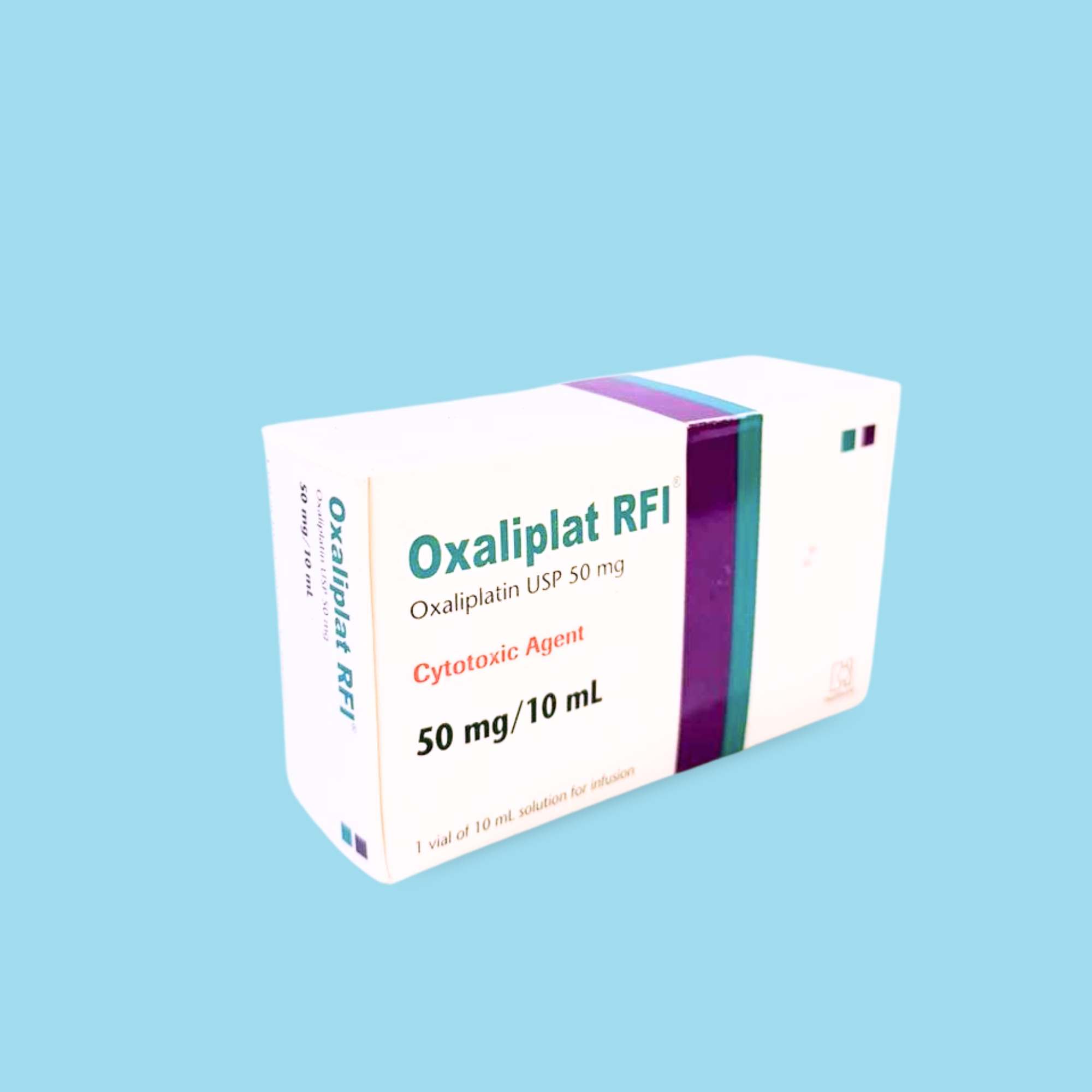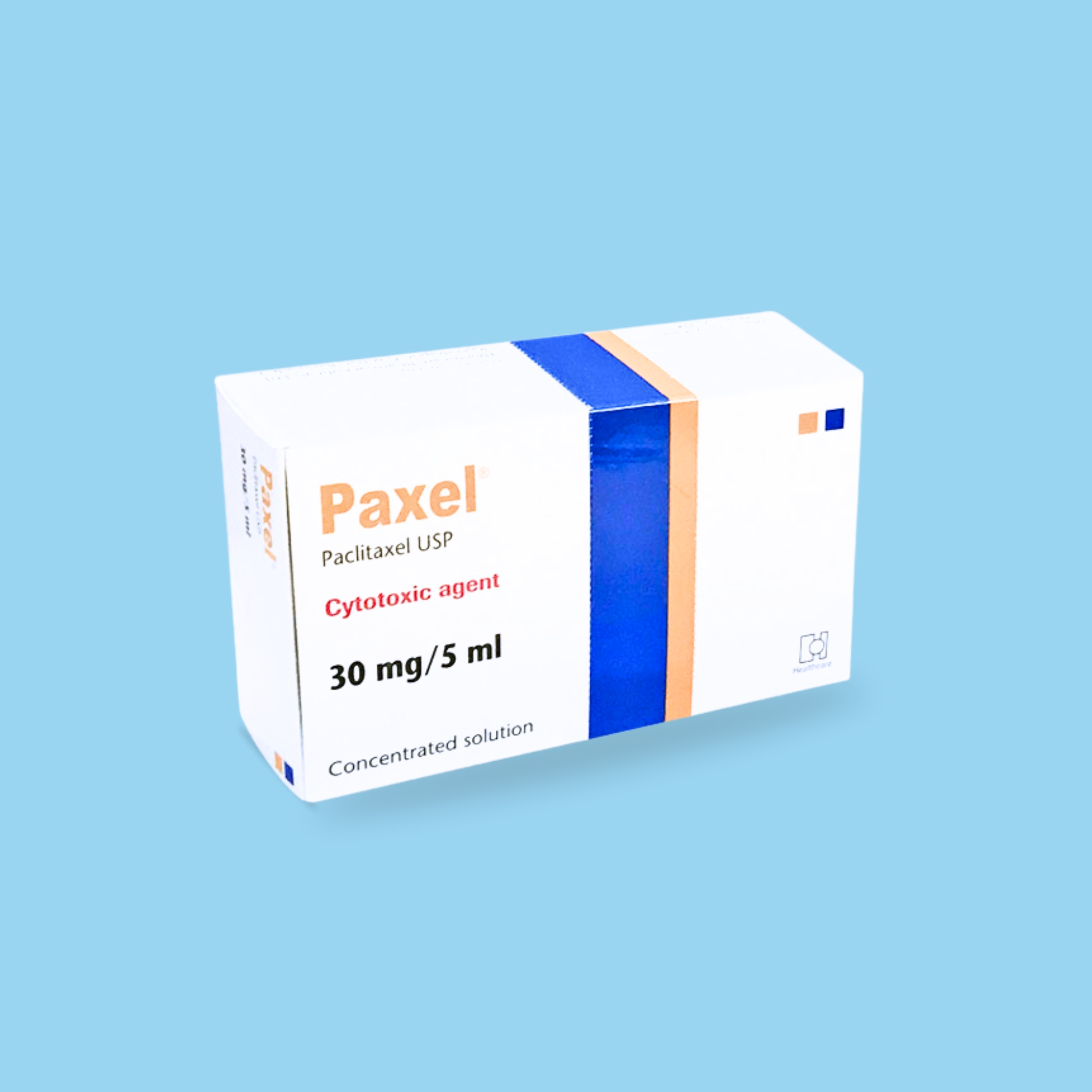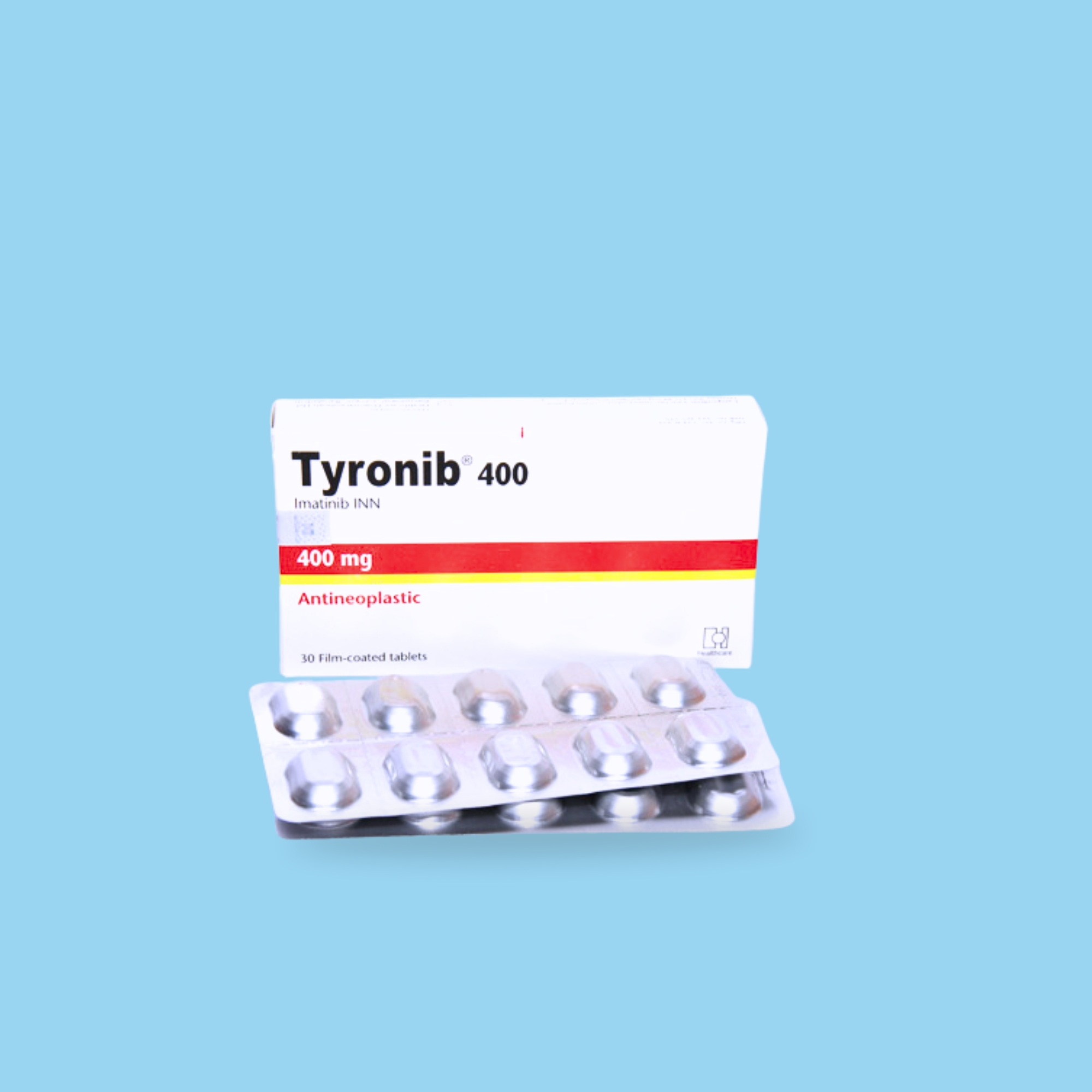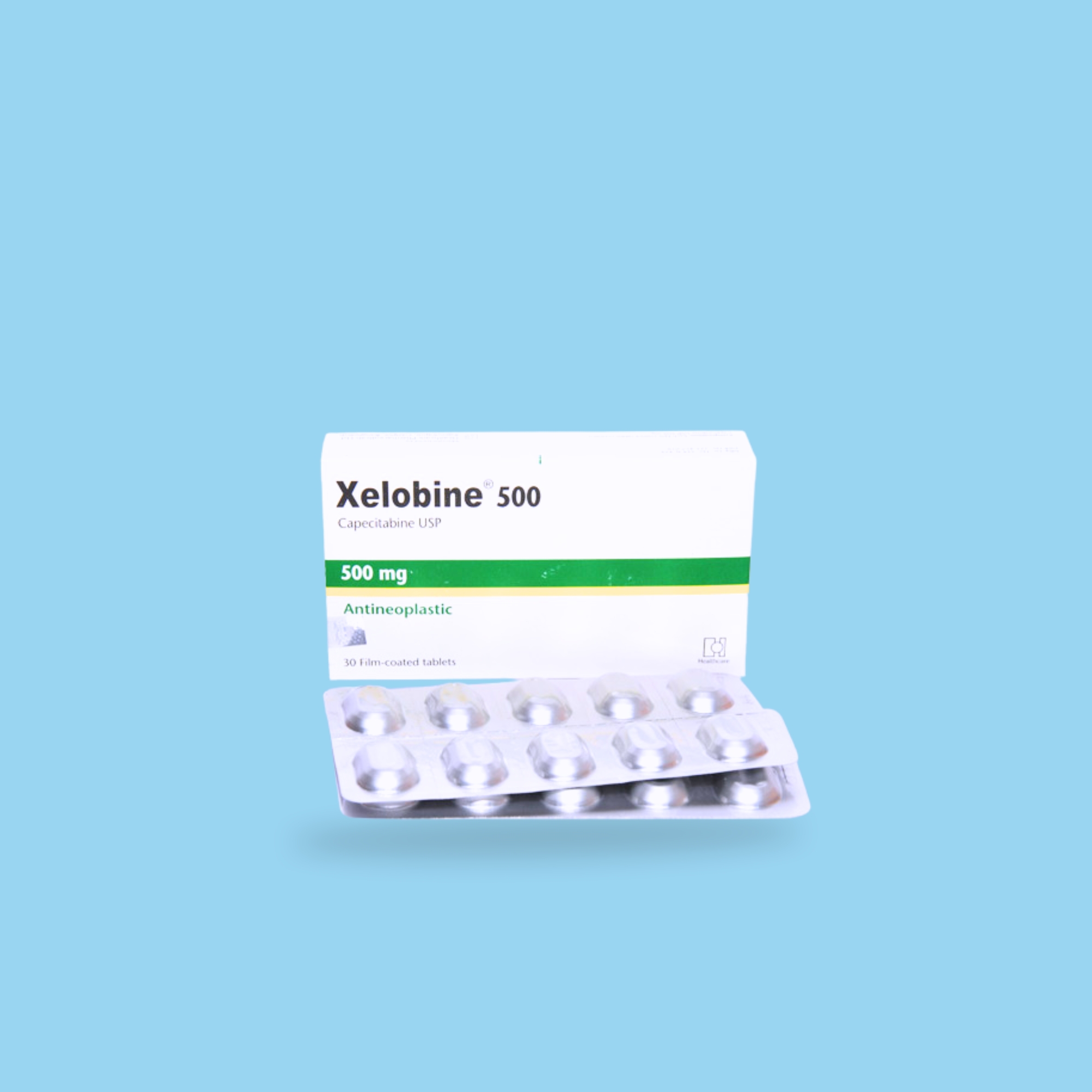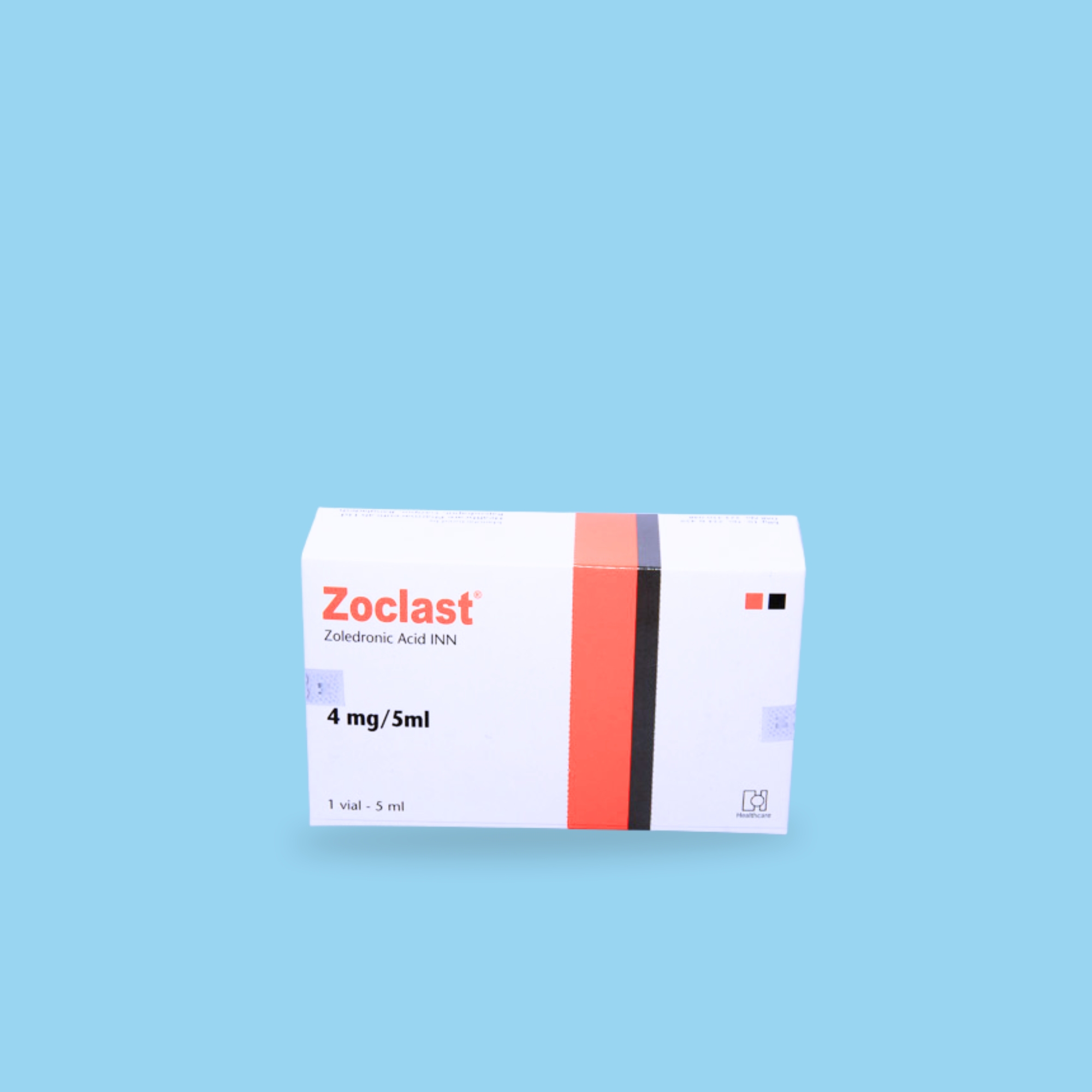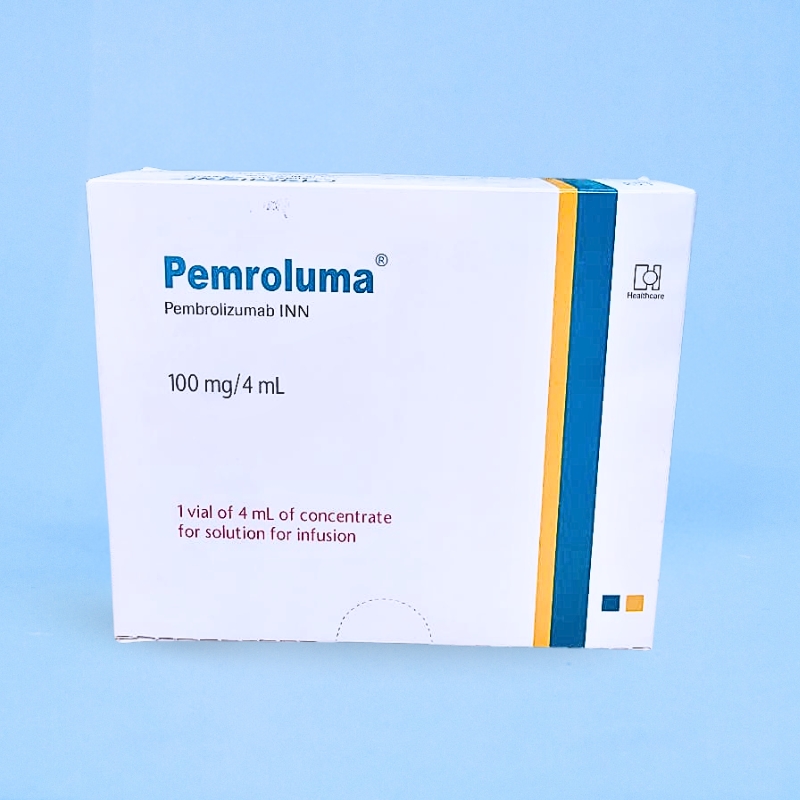Abiraterone is an orally active medicine which is an inhibitor of the steroidal enzyme CYP17A1. It inhibits CYP17A1 in a selective and irreversible manner via covalent binding mechanism. CYP17A1 is an enzyme that catalyzes the biosynthesis of androgen and is highly expressed in testicular, adrenal, and prostatic tumor tissue. More specifically, abiraterone inhibits the conversion of 17-hydroxyprognenolone to dehydroepiandrosterone (DHEA) by the enzyme CYP17A1 and decrease serum levels of testosterone and other androgens.

Abiraterone is indicated in combination with prednisone for the treatment of patients with metastatic castration-resistant prostate cancer.

The recommended dosage of Abiraterone is 1000 mg ( Four 250 mg tablets) as a single daily dose that must be taken on an empty stomach. No solid or liquid food should be consumed for at least two hours before the dose of Abiraterone is taken and for at least one hour after the dose of Abiraterone is taken. The tablets should be swallowed whole with water.
Do not crush or chew tablets.

Absorption: Food increases absorption of the drug. The drug should be consumed on an empty stomach at least two hour before or one hours after food.
Distribution: Abiraterone highly protein bound. It binds highly with both albumin (95.6–99.9%) and α1-glycoprotein (89.4–95.6%). It is extensively distributed in tissue, with an apparent central volume of distribution (Vd) of 5630 L .
Metabolism: Abiraterone is metabolised in the liver by CYP3A4 and SULT2A1 to inactive metabolites.
Excretion: The drug is excreted in feces (~88%) and urine (~5%), and has a terminal half-life of 12 ± 5 hours.

It contraindicates patients with hypersensitivity to the Abiraterone acetate or to any ingredients of the excipients of Abiraterone.

Abiraterone may cause hypertension, hypokalemia, and fluid retention as a consequence of increased mineralocorticoid levels resulting from CYP17 inhibition. In the two randomized clinical trials, grade 3 to 4 hypertension occurred in 2% of patients, grade 3 to 4 hypokalemia in 4% of patients, and grade 3 to 4 edema in 1% of patients treated with Abirateron

The side effects of Abiraterone include hypertension, hypokalemia, and fluid retention due to mineralocorticoid excess, adrenocortical insufficiency, hepatotoxicity.

There are no human data on the use of Abiraterone in pregnancy and it is not for use in women of childbearing potential. Maternal use of a CYP17 inhibitor is expected to produce changes in hormone levels that could affect development of the foetus.
Pregnancy: Abiraterone acetate is contraindicated in women who are or may potentially by pregnant.
Breast feeding: It is not known that abiraterone acetate or its metabolites are excreted in human milk

Geriatrics Use: No overall differences in safety or effectiveness were observed between younger & older patients
Pediatrics Use: Abiraterone has not been studied in children
Patients with Hepatic Impairment: Patients with pre-existing moderate or severe hepatic impairment should not receive Abiraterone. For patients who develop hepatotoxicity during treatment, suspension of treatment and dosage adjustment may be required
Patients with Renal Impairment: No dosage adjustment is necessary for patients with renal impairment

CYP3A4 Inducers: Strong inducers of CYP3A4 (e.g. phenytoin, carbamazepine, rifampicin, rifabutin, phenobarbital) during treatment with Abiraterone are to be avoided. If patients must be co-administered a strong CYP3A4 inducer with Abiraterone, careful evaluation of clinical efficacy must be undertaken as there are no clinical data recommending an appropriate dose adjustment.
CYP3A4 Inhibitors: Co-administration of ketoconazole, a strong CYP3A4 inhibitor with Abiraterone shows no clinically meaningful effect on the pharmacokinetics of abiraterone.

There have been no reports of overdose during clinical studies. There is no specific antidote. In the event of an overdose, administration should be with held and general supportive measures undertaken, including monitoring for arrhythmias, hypokalaemia and for signs and symptoms of fluid retention. Liver function also should be assessed.

Store at temperature not exceeding 30ºC in a dry place.
Medicine: Keep out of reach of children


